Turkey has a rich and diverse cinematic history, with a variety of acclaimed films spanning different genres and styles. From dramatic epics to heartwarming comedies, Turkish movies offer a unique insight into the country’s culture, history, and society.
Turkish cinema has been influenced by various global movements and trends, including Italian neorealism, French New Wave, and American cinema. Many of the country’s most successful films have also been recognized internationally, winning awards at prestigious festivals such as Cannes and Berlin.
Best Turkish Movies
Whether you’re interested in exploring Turkish cinema for the first time or looking for some new recommendations, there are plenty of great movies to discover.
So grab some popcorn and get ready to immerse yourself in the world of Turkish film.
1. Distant (2002)
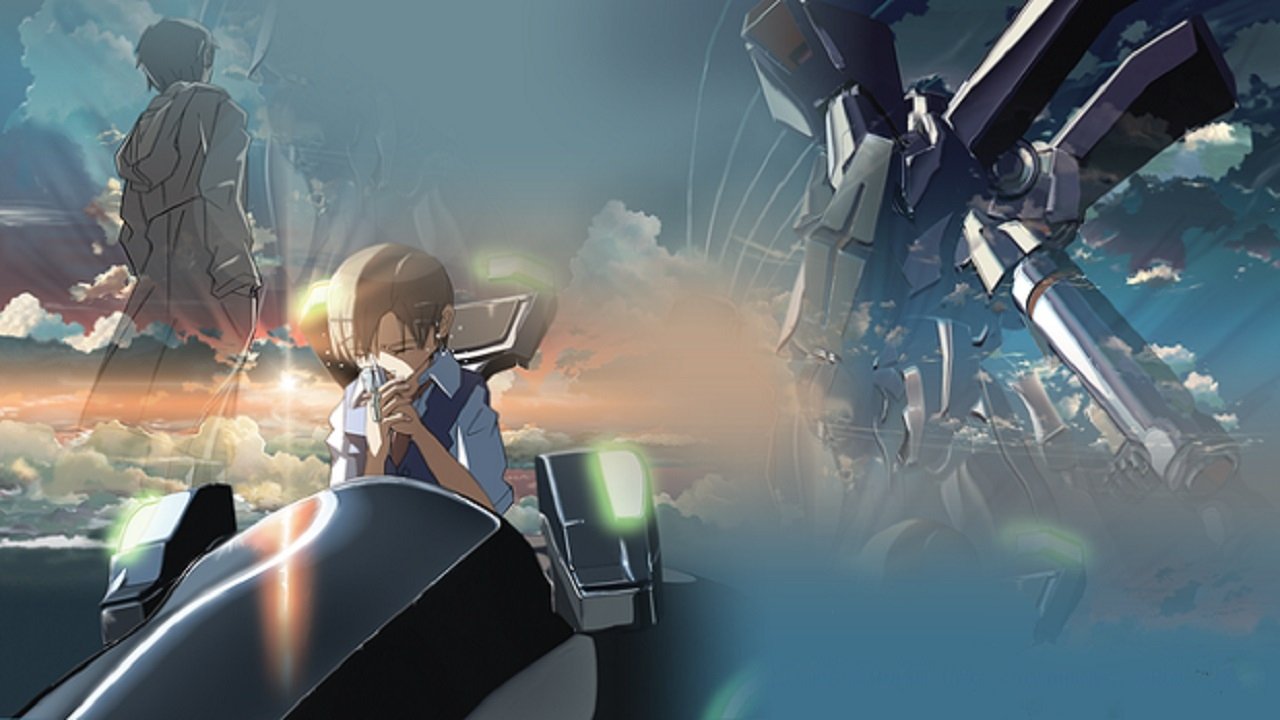
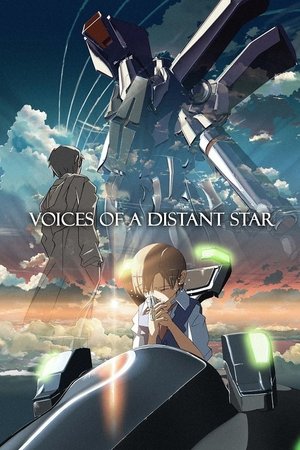
Voices of a Distant Star
A love story that transcends time and space...
2002 • 0h 25min • ★ 6.529/10 • Japan
Directed by: Makoto Shinkai
Cast: Makoto Shinkai, Mika Shinohara, Donna Burke
It is 2046 when a mysterious alien force begins their annihilation of the human race. Leaving behind the one person she loves, Mikako joins the interstellar battle as a pilot. And so - while Mikako risks her life to save mankind - Noboru waits. The two lovers, worlds apart, desperately strive to remain connected as the gap between them widens at a frightening pace.
Distant is a Turkish film directed by Nuri Bilge Ceylan and is widely regarded as one of the most important films to come out of Turkey in recent years. The film is a subtle and nuanced exploration of the human condition and the complexities of modern life.
The story follows a man named Yusuf, who moves from his small village to Istanbul to find work. He ends up staying with his cousin Mahmut, who is a successful photographer but is struggling with a sense of loneliness and alienation in his life.
As the two men navigate their new roles in each other’s lives, they begin to confront their own fears, desires, and hopes for the future.
Distant is notable for its minimalist approach to storytelling and its powerful evocation of the emotions and experiences of its characters.
It captures the sense of displacement and disorientation that comes with leaving one’s home and moving to a new place, as well as the ways in which modern life can create a sense of isolation and disconnection.
The film won numerous awards, including the Grand Prix at the Cannes Film Festival, and is celebrated as a masterpiece of Turkish cinema. It offers a powerful and deeply affecting portrait of the human experience, and continues to be regarded as a classic of world cinema.
- Emin Toprak, Muzaffer Özdemir, Zuhal Gencer (Actors)
- Nuri Bilge Ceylan (Director)
- English (Subtitle)
- Audience Rating: NR (Not Rated)
2. Winter Sleep (2014)
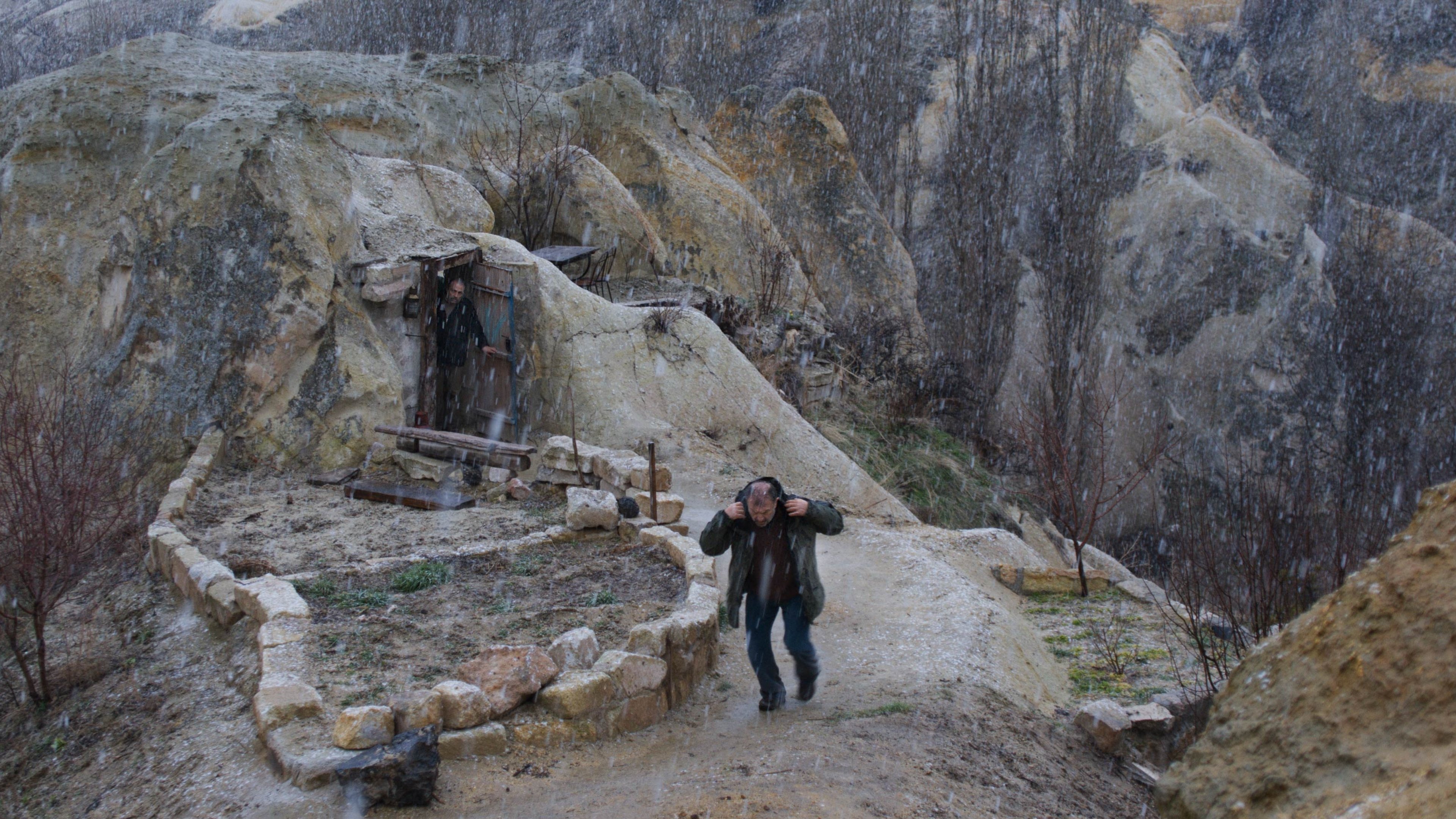
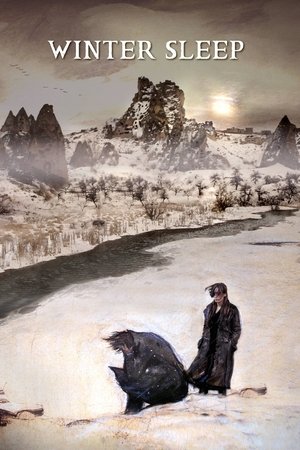
Winter Sleep
2014 • 3h 16min • ★ 7.518/10 • Turkey
Directed by: Nuri Bilge Ceylan
Cast: Haluk Bilginer, Melisa Sözen, Demet Akbağ, Ayberk Pekcan, Serhat Kılıç
Aydın is a hotel owner and a retired actor in rural Turkey. As winter emerges he begins navigating the conflicts within the relationships with his wife, sister and existence.
“Winter Sleep” is a Turkish drama film directed by Nuri Bilge Ceylan and released in 2014. The movie stars Haluk Bilginer, Melisa Sözen, and Demet Akbağ in lead roles.
The story of the film takes place in rural Turkey and revolves around a retired actor named Aydin, who runs a small hotel in the mountains with his young wife and sister.
As the winter sets in, Aydin becomes increasingly isolated from his family and the world around him, and begins to confront the existential questions of life and his own moral failings.
“Winter Sleep” is a powerful and introspective film that explores the themes of human relationships, power dynamics, and the complexities of the human condition. The movie is characterized by its slow pacing, stunning cinematography, and superb performances by its lead actors.
It won the Palme d’Or at the 2014 Cannes Film Festival and has received widespread critical acclaim. The film is considered one of the greatest works of Turkish cinema and is highly regarded by international audiences as well.
No products found.
3. Three Monkeys (2008)
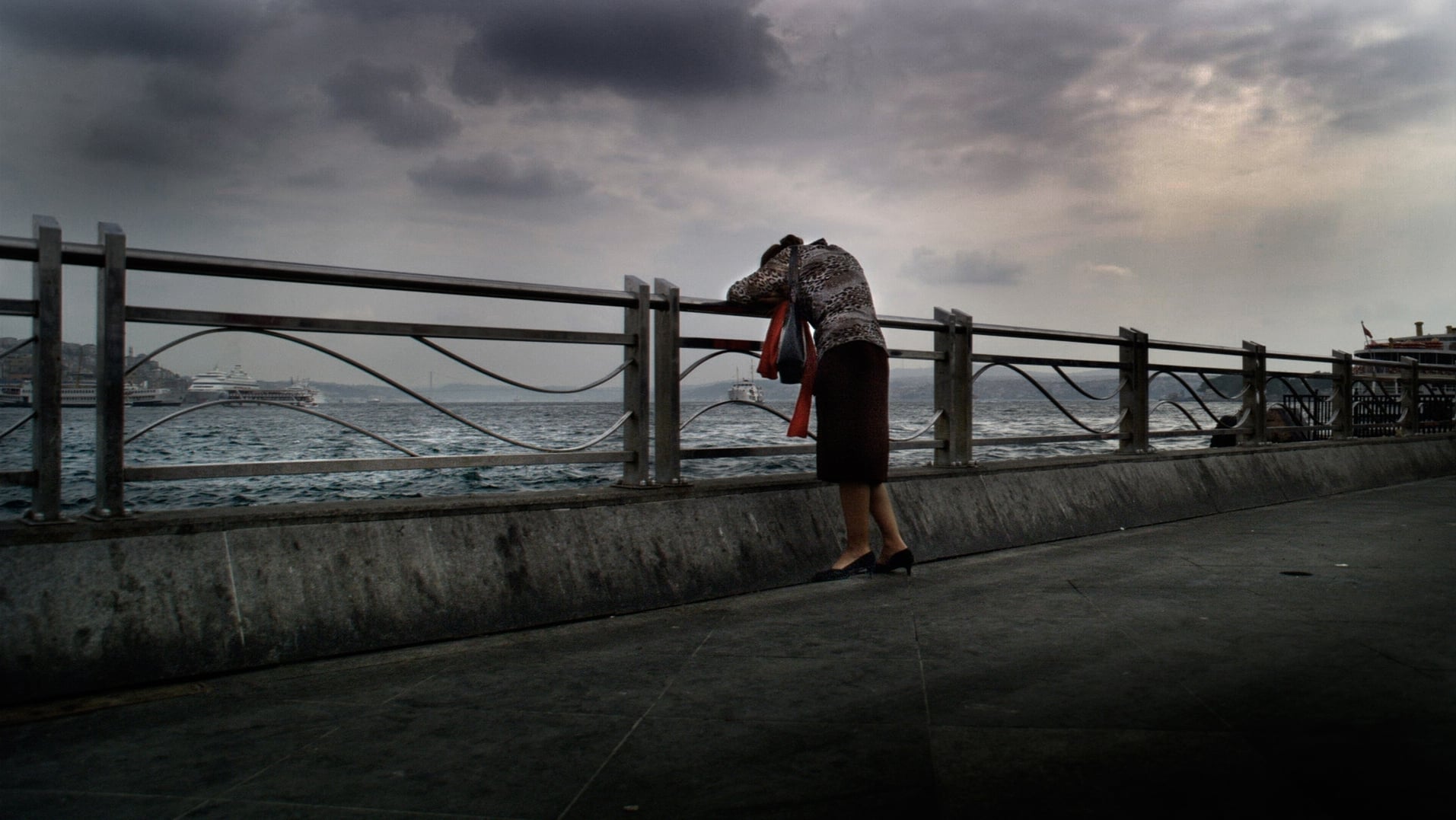
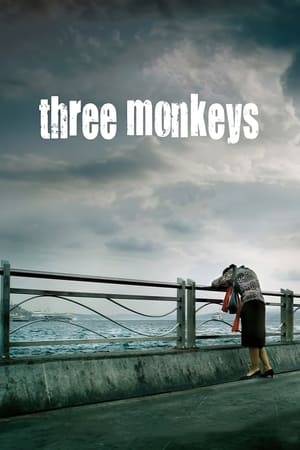
Three Monkeys
2008 • 1h 49min • ★ 6.8/10 • Turkey
Directed by: Nuri Bilge Ceylan
Cast: Yavuz Bingöl, Hatice Aslan, Ahmet Rıfat Şungar, Ercan Kesal, Cafer Köse
A family battles against the odds to stay together when small lies grow into an extravagant cover-up. In order to avoid hardship and responsibilities that would otherwise be impossible to endure, the family chooses to ignore the truth, not to see, hear or talk about it. But does playing “Three Monkeys” invalidate the truth of its existence?
“Three Monkeys” (Üç Maymun) is a Turkish film directed by Nuri Bilge Ceylan and released in 2008. The film tells the story of a family that is torn apart by a hit-and-run accident, and the series of lies and deceptions that follow as each member tries to cover up their involvement.
For more about Turkey cinema, you can check out our overview of the best films from Turkey and our country-by-country exploration of global cinema.
The film explores themes such as guilt, responsibility, and the corrupting influence of power. It also examines the complexities of human relationships and the fragility of trust.
“Three Monkeys” was a critical and commercial success both in Turkey and internationally, winning several awards at the Cannes Film Festival and other prestigious film festivals around the world.
The film is known for its poetic and nuanced storytelling, as well as its stunning cinematography and powerful performances from its cast. It is considered one of the best works of Nuri Bilge Ceylan, who is widely regarded as one of Turkey’s greatest filmmakers.
4. Climates (2006)
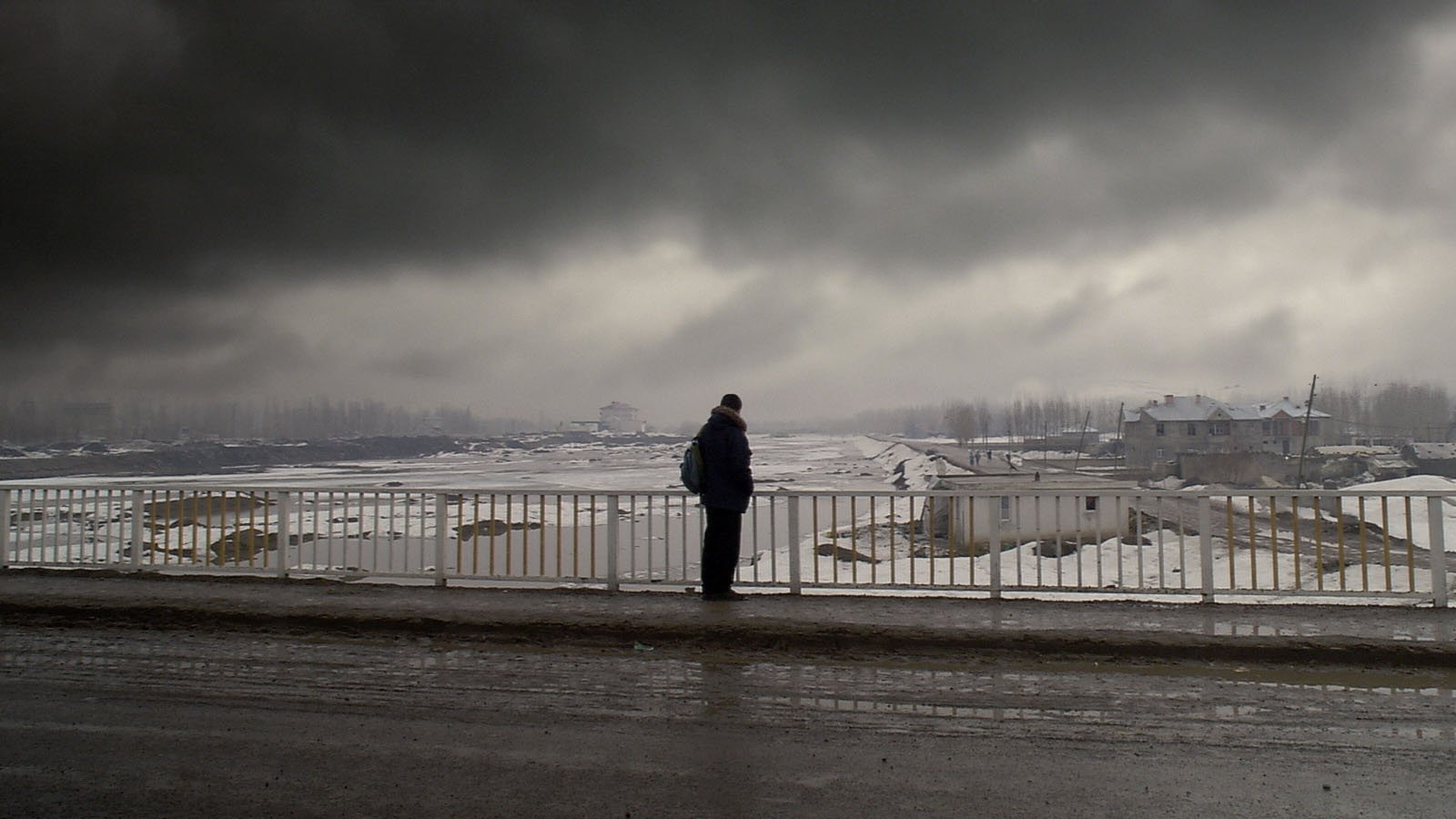

Climates
2006 • 1h 38min • ★ 6.8/10 • France
Directed by: Nuri Bilge Ceylan
Cast: Ebru Ceylan, Nuri Bilge Ceylan, Nazan Kesal, Mehmet Eryılmaz, Arif Aşçı
Man was made to be happy for simple reasons and unhappy for even simpler ones – just as he is born for simple reasons and dies for even simpler ones... Isa and Bahar are two lonely figures dragged through the ever-changing climate of their inner selves in pursuit of a happiness that no longer belongs to them.
“Climates” (Turkish title: “İklimler”) is a 2006 Turkish drama film directed by Nuri Bilge Ceylan, who also stars in the lead role alongside Ebru Ceylan. The film explores the relationship between a middle-aged university professor named Isa and his younger wife, Bahar, as they travel through different locations in Turkey.
The film is known for its minimalist style, with long takes and a focus on small gestures and details to convey the characters’ emotions and experiences.
It also features stunning cinematography, capturing the natural beauty of Turkey’s landscapes and cities.
“Climates” is considered a masterpiece of Turkish cinema and has been widely praised for its exploration of human relationships and emotions.
The film won several awards, including the FIPRESCI Prize at the 2006 Cannes Film Festival, and is regarded as one of the best films of the 2000s.
5. Destiny (2006)
No poster available
Destiny
2006
Clones from the future with ancient mystical powers living among us today.
Destiny is an Iranian film directed by Majid Majidi, and is a powerful exploration of the themes of faith, destiny, and the human spirit. The film follows the story of Ali, a blind boy who lives in a small Iranian village and is raised by his grandmother.
Despite his blindness, Ali is a gifted musician, and his grandmother encourages him to pursue his dreams.
As Ali grows older, he becomes determined to travel to Tehran to study music and fulfill his destiny. With the help of his grandmother and a local musician, he sets out on a journey that will test his faith and his resilience.
As he encounters challenges and obstacles along the way.
Destiny is notable for its powerful emotional impact, as well as its beautiful cinematography and evocative use of music.
It is a celebration of the human spirit and the power of faith and determination to overcome adversity, and offers a poignant and powerful message about the importance of following one’s dreams.
The film has won numerous awards, including the Best Film award at the Moscow International Film Festival, and is widely regarded as one of the most important Iranian films of the past decade.
It is a powerful and moving work of art that speaks to the enduring power of the human spirit in the face of adversity.
6. Innocence (1997)
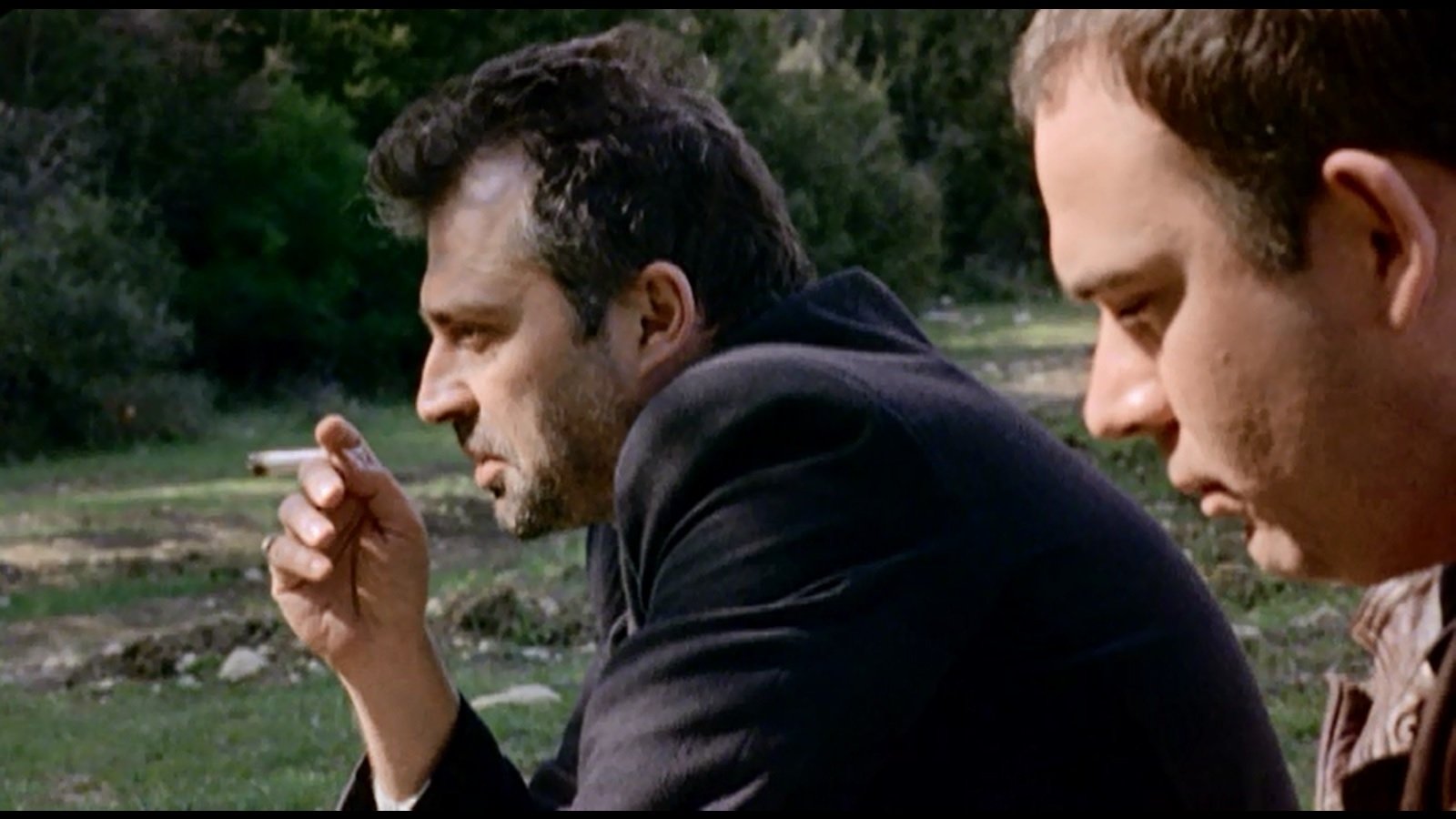

Innocence
1997 • 1h 50min • ★ 7.7/10 • Turkey
Directed by: Zeki Demirkubuz
Cast: Haluk Bilginer, Derya Alabora, Güven Kıraç, Nihal Koldaş, Ümit Çırak
Yusuf is released from prison after serving a ten year sentence. Because of unexpected problems at his sister’s house, he finds himself in a cheap hotel where he meets a man, a woman, and a child who will change his life in unexpected ways…
“Innocence” is a French drama film directed by Lucile Hadzihalilovic and released in 2004. The movie stars Zoé Auclair, Lea Bridarolli, and Berangère Haubruge in lead roles.
The story of the film takes place on an isolated island where young girls live in a mysterious boarding school with strict rules and rituals. As two new girls arrive at the school, they begin to question the true purpose of the institution and the nature of their captivity.
As they delve deeper into the secrets of the school, they realize that their lives are in danger and must find a way to escape.
“Innocence” is a haunting and visually stunning film that explores the themes of identity, conformity, and the transition from childhood to adulthood.
The movie is characterized by its dreamlike atmosphere, beautiful cinematography, and imaginative storytelling.
It is a unique and thought-provoking work of cinema that has won critical acclaim and has been praised for its originality and artistic vision.
- Suzanne Forster (Author)
- 01/01/1763 (Publication Date) - Berkley (Publisher)
7. The Waiting Room (2003)
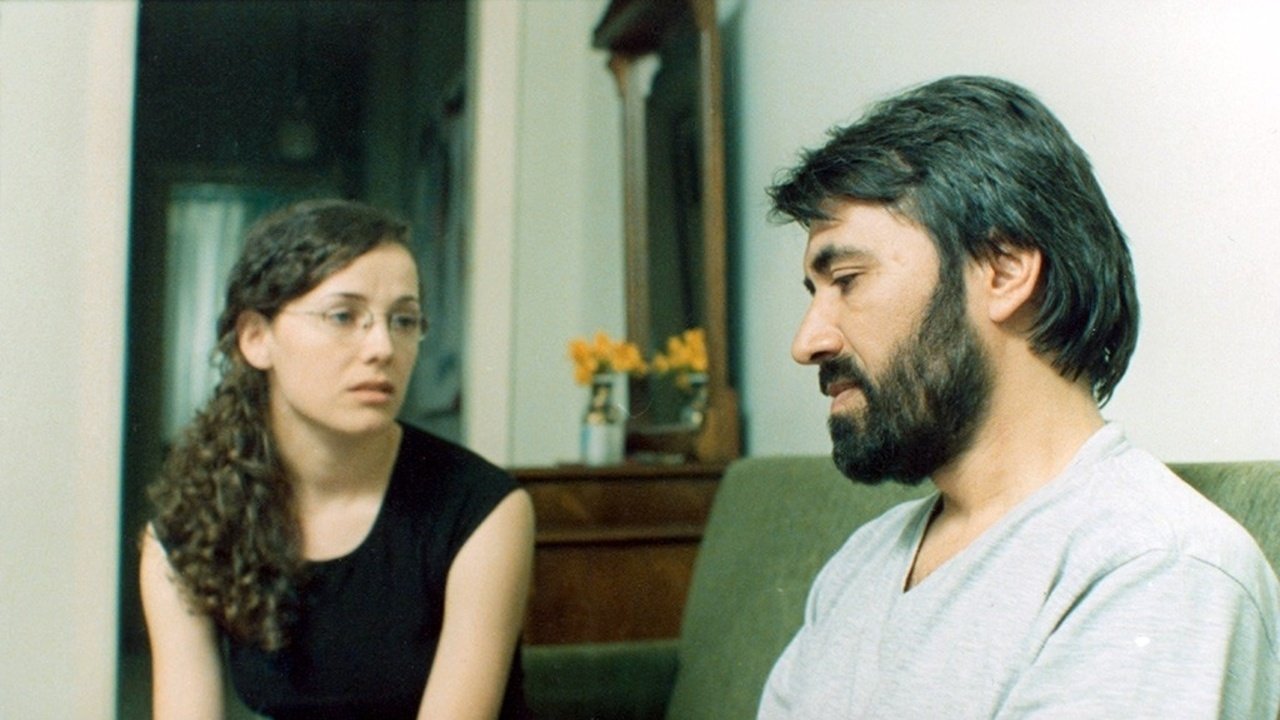
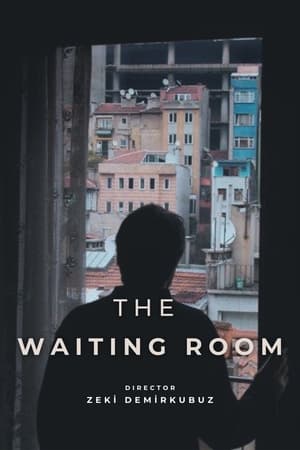
The Waiting Room
2004 • 1h 32min • ★ 6.1/10 • Turkey
Directed by: Zeki Demirkubuz
Cast: Zeki Demirkubuz, Nilüfer Açıkalın, Nurhayat Kavrak, Serdar Orçin, Ufuk Bayraktar
Zeki Demirkubuz plays the lead character Ahmet who wants to make a film about Dostoyevsky's 'Crime and Punishment'. He falls into a deep depression, loses interest in the film and life, pushes those who love him away and cannot complete the film.
“The Waiting Room” (Salaam Bacche) is an Indian film directed by Mira Nair and released in 2003. The film tells the story of several children who live in the slums of Mumbai, and their daily struggles as they navigate poverty, violence, and exploitation.
The film is based on a collection of true stories and is a realistic portrayal of life in the slums of Mumbai. It highlights issues such as child labor, child prostitution, and child trafficking, and the impact they have on the lives of these vulnerable children.
“The Waiting Room” received critical acclaim for its powerful and emotive storytelling, as well as its authentic portrayal of life in the slums.
The film is known for its naturalistic performances from its child actors and its raw, unflinching portrayal of the harsh realities of life in Mumbai’s slums.
Mira Nair, the director, is a highly regarded filmmaker, and “The Waiting Room” is considered one of her most powerful and impactful works.
No products found.
8. Fate (2001)
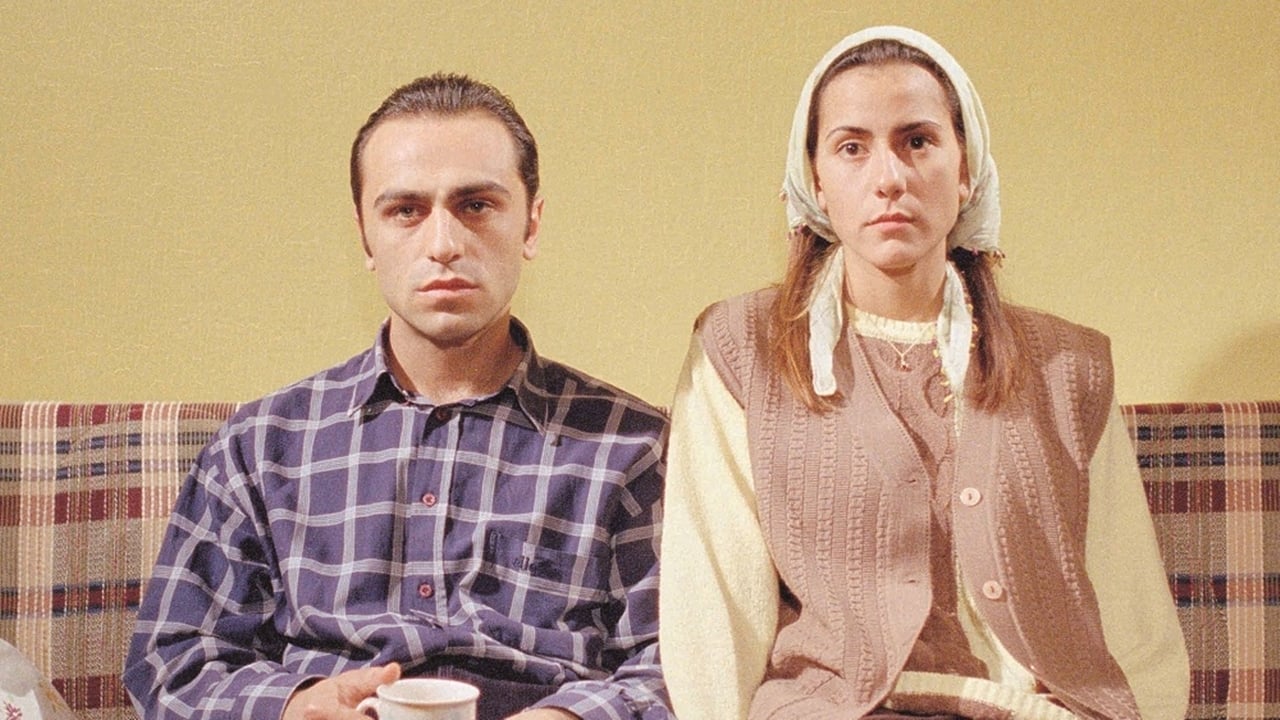
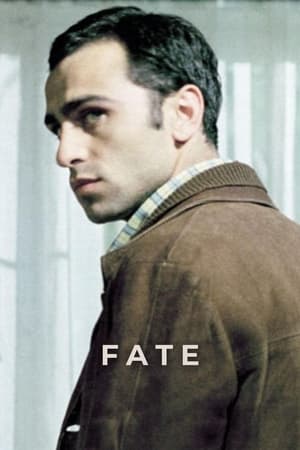
Fate
2001 • 1h 59min • ★ 7.446/10 • Turkey
Directed by: Zeki Demirkubuz
Cast: Serdar Orçin, Zeynep Tokuş, Demir Karahan, Engin Günaydın, Nejmi Aykar
Musa, a customs clerk, lives quietly with his mother. Tragedy and change come for him, as they do for everyone, and he must confront his own attitude towards life’s absurdity.
“Fate” (Turkish title: “Yazgı”) is a 2001 Turkish drama film directed by Zeki Demirkubuz, who also wrote the screenplay and starred in the lead role. The film follows the story of an isolated and introverted man named Musa, who lives a mundane life in a small town in Turkey.
As the film progresses, Musa’s life is turned upside down by a series of unexpected events, including the arrival of a stranger in town and the re-emergence of a traumatic memory from his past.
These events force Musa to confront his own sense of identity and purpose in life.
“Fate” is widely regarded as one of the most important films in Turkish cinema, known for its powerful storytelling and cinematography.
The film has been praised for its raw and honest portrayal of human emotions, as well as its exploration of themes such as isolation, trauma, and existential crisis.
It has won several awards both in Turkey and internationally, including the FIPRESCI Prize at the 2001 Istanbul International Film Festival.
- Zeki Demirkubuz
- Yazgi
- Bekleme Odasi
- Masumiyet
- turkish movie
9. Watchtower (2012)
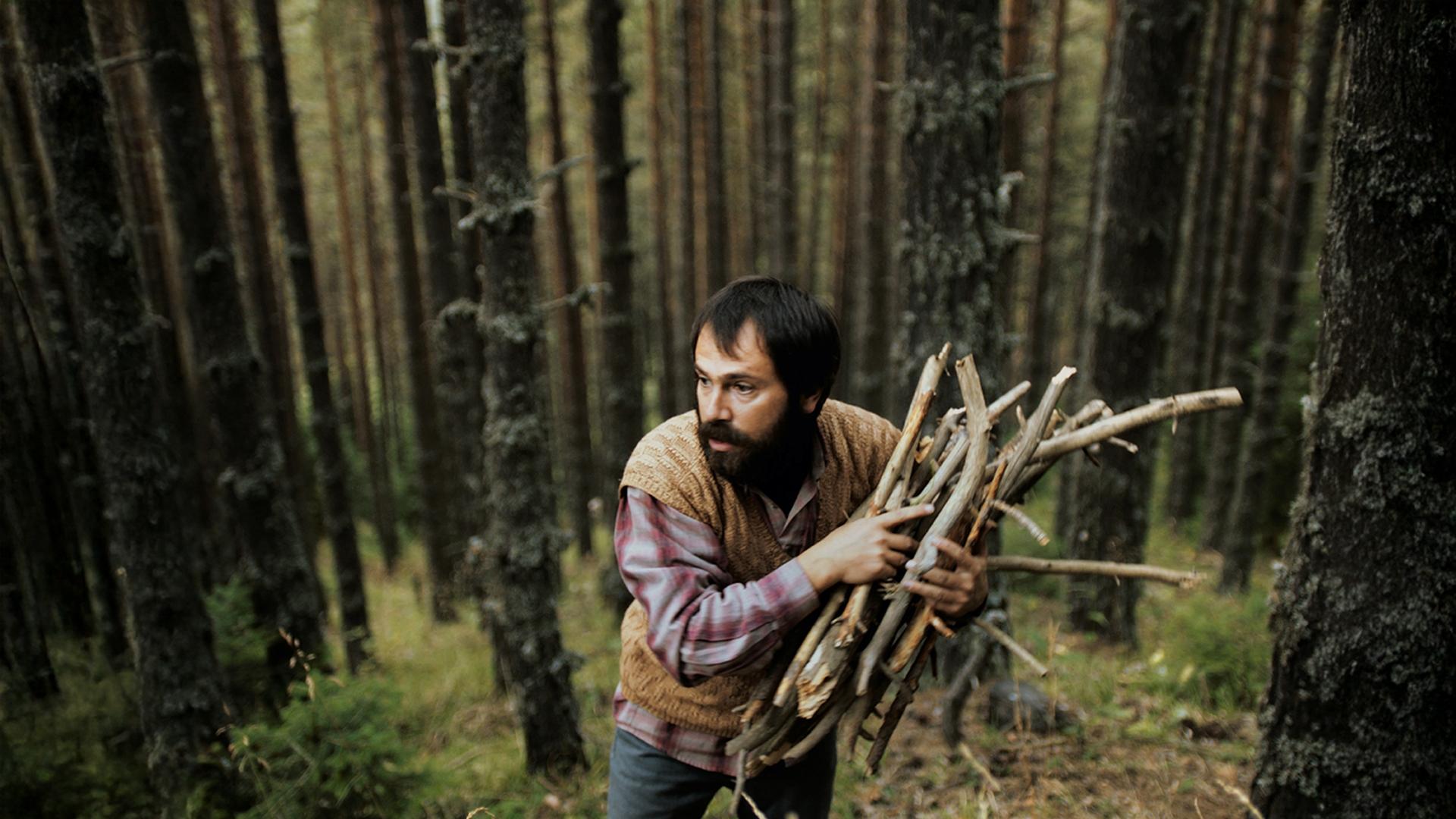
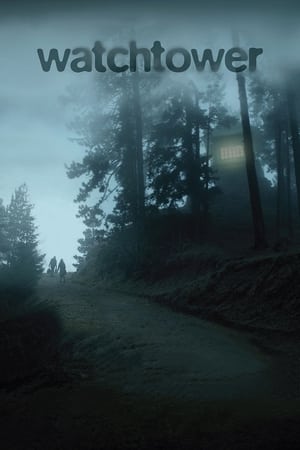
Watchtower
2012 • 1h 40min • ★ 7.4/10 • Turkey
Directed by: Pelin Esmer
Cast: Olgun Şimşek, Nilay Erdönmez, Menderes Samancılar, Kadir Çermik, Laçin Ceylan
Haunted by his dark past, a man takes a job as a fire warden in a remote tower in the wilderness, and is inexorably drawn towards a young woman with a terrible secret of her own.
Watchtower is a Turkish film directed by Pelin Esmer, and is a powerful exploration of the themes of loneliness, isolation, and human connection. The film follows the story of Nihat.
A man who takes a job as a watchtower operator in a remote area of Turkey, in an effort to escape his troubled past and find some peace and solitude.
As Nihat settles into his new job, he begins to develop a tentative relationship with Seher, a young woman who works at a nearby gas station.
Over time, the two begin to open up to each other, sharing their fears and hopes, and finding solace in each other’s company.
Watchtower is notable for its beautiful cinematography and evocative use of the Turkish countryside as a backdrop for the story. It is a subtle and nuanced exploration of the human experience.
And offers a poignant and powerful message about the importance of human connection and the ways in which we can find solace and meaning in our relationships with others.
The film has won numerous awards, including the Best Film award at the Abu Dhabi Film Festival, and is widely regarded as one of the most important Turkish films of the past decade.
It is a powerful and moving work of art that speaks to the enduring power of the human spirit to find connection and meaning in even the most isolated and lonely of circumstances.
10. Egg (2007)
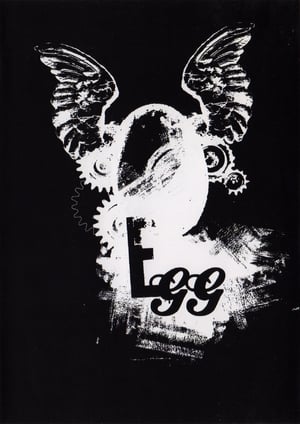
Egg
2007
Directed by: Jon Lee
Cast: Dom West, Dan McClaren, Ian Hendrie, Will Wilson, Blake Bird
Egg brings a unique insight into the world of skating
“Egg” is a Turkish drama film directed by Semih Kaplanoğlu and released in 2007. The movie stars Nejat İşler, Saadet Aksoy, and Ufuk Bayraktar in lead roles.
The story of the film centers around a young man named Yusuf who is searching for his missing father in a remote mountain village.
As he tries to unravel the mystery of his father’s disappearance, he becomes involved in the lives of the villagers and begins to question his own identity and place in the world.
“Egg” is a meditative and poetic film that explores the themes of family, tradition, and the search for meaning. The movie is characterized by its slow pacing, beautiful cinematography, and powerful performances by its lead actors.
It won several awards at international film festivals and is considered a landmark work of Turkish cinema. The film has been praised for its artistic vision and emotional depth, and it offers a unique glimpse into the rich cultural heritage of Turkey.
- Factory sealed DVD
- Nejat Isler, Saadet Aksoy, Ufuk Bayraktar (Actors)
- Semih Kaplanoglu (Director) - Semih Kaplanoglu (Writer)
- English (Subtitle)
- English (Publication Language)
11. Bal (2010)
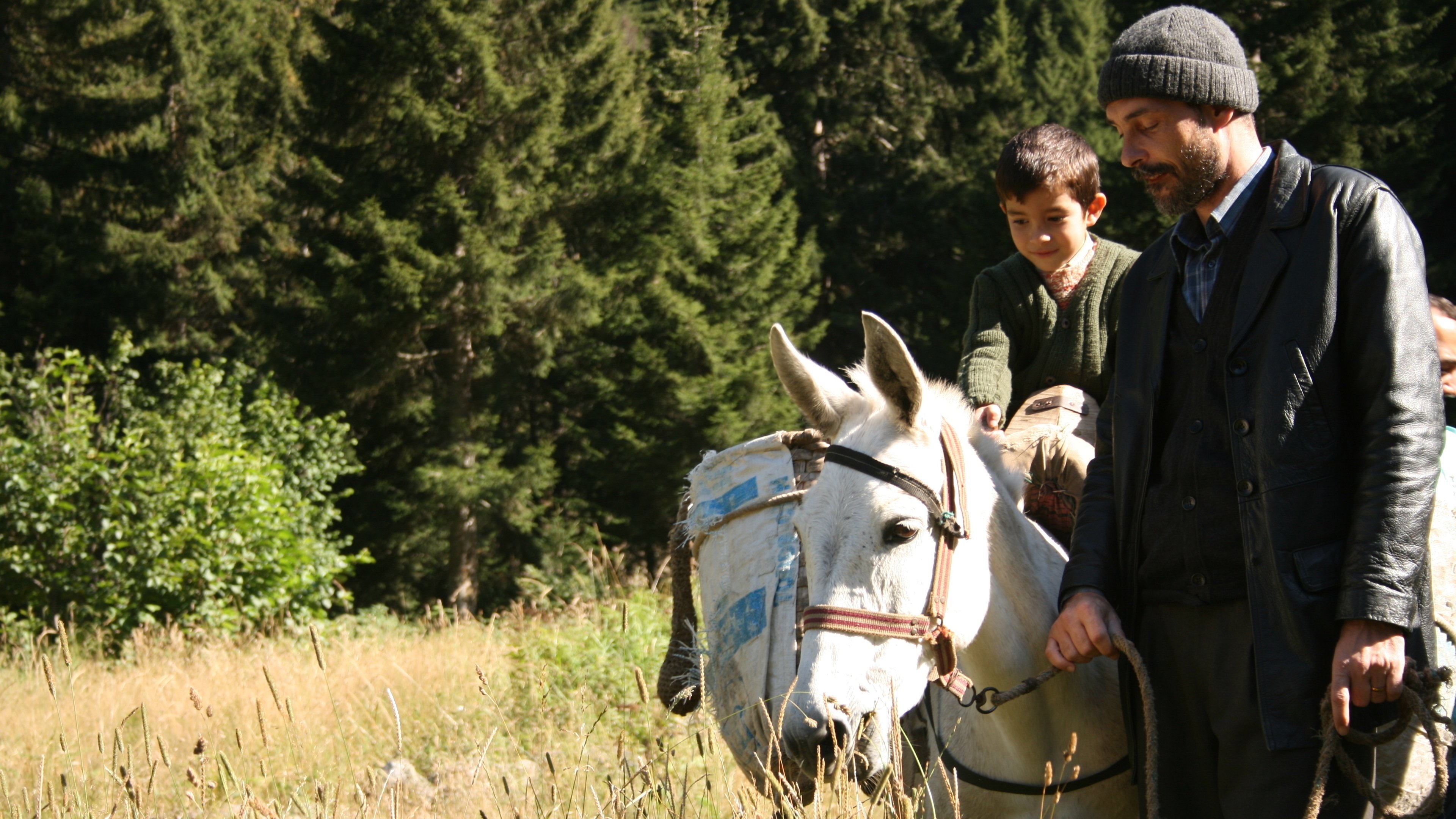
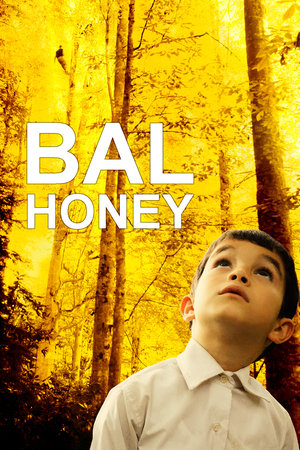
Honey
2010 • 1h 43min • ★ 6.8/10 • France
Directed by: Semih Kaplanoğlu
Cast: Bora Altaş, Erdal Beşikçioğlu, Tülin Özen, Alev Uçarer, Selami Gökce
In the remote and undeveloped eastern Black Sea region, a six-year-old boy (Yusuf) wanders through the woods searching for his lost father, trying to make sense of his life.His father is a beekeeper whose bees have disappeared unexpectedly, threatening his livelihood. A bizarre accident kills the father.There is little dialogue or music in the film. The three main characters (Yusuf and his parents) are all fairly taciturn, and the soundtrack is filled out with the sounds of the forest and the creatures that live there.The environment is a recurring theme.
“Bal” (Honey) is a Turkish film directed by Semih Kaplanoğlu and released in 2010. The film tells the story of a young boy named Yusuf who lives in a rural village in Turkey with his beekeeper father.
When his father suddenly disappears, Yusuf embarks on a journey to find him, encountering challenges and obstacles along the way.
The film explores themes such as the relationship between a father and son, the importance of tradition and cultural heritage, and the beauty and fragility of nature.
It is known for its stunning cinematography and its use of visual symbolism to convey deeper meaning.
“Bal” was a critical and commercial success both in Turkey and internationally, winning several awards at the Cannes Film Festival and other prestigious film festivals around the world.
The film is known for its lyrical and poetic storytelling, as well as its powerful performances from its cast, particularly the young actor who plays Yusuf.
It is considered one of the best works of Semih Kaplanoğlu, who is widely regarded as one of Turkey’s most talented and innovative filmmakers.
- Factory sealed DVD
- Bora Altas, Erdal Besikcioglu, Tulin Ozen (Actors)
- Semih Kaplanoglu (Director) - Semih Kaplanoglu (Writer)
- English (Subtitle)
- Turkish (Publication Language)
12. Süt (2008)
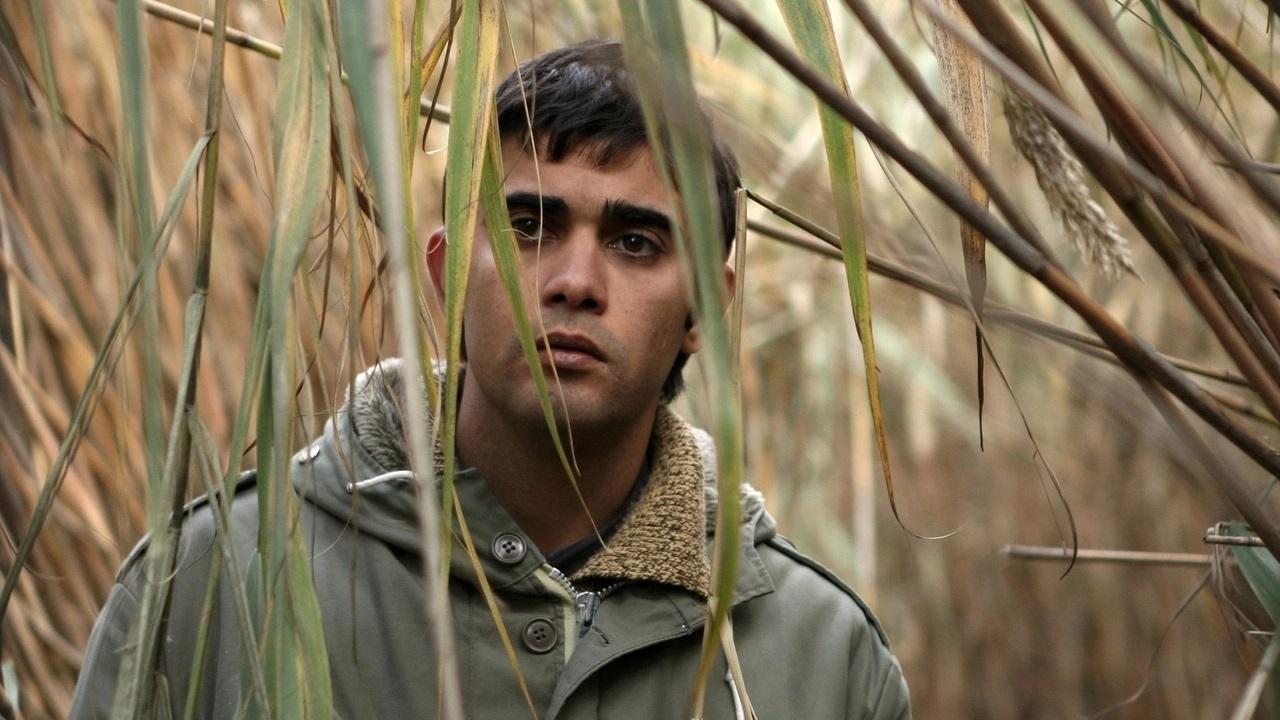
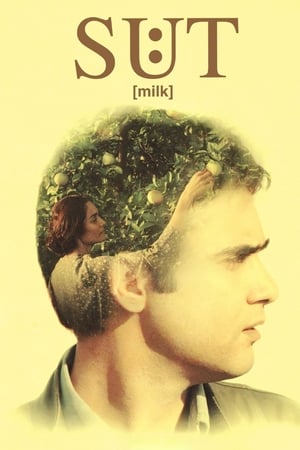
Milk
2008 • 1h 42min • ★ 6/10 • France
Directed by: Semih Kaplanoğlu
Cast: Melih Selçuk, Rıza Akın, Saadet Işıl Aksoy, Başak Köklükaya, Tansu Biçer
A high school graduate, Yusuf could not pass the university entrance exam. Writing poetry is his greatest passion and some of his poems are being printed in various obscure literary journals. But neither these poems, nor the rapidly falling price of the milk they sell, are being of any benefit to Yusuf and Zehra's lives. When Yusuf finds out about Zehra's secret affair with the town's stationmaster he gets disconcerted. Will he find the way to cope with his anxiety for the unknown future, the rapid change that he is going through and the pain of taking a step into adulthood and leaving his youth behind
“Süt” is a 2008 Turkish drama film directed by Semih Kaplanoğlu, who also co-wrote the screenplay. The film tells the story of a young boy named Yusuf, who lives in a rural village with his mother, a traditional milk seller, and his father, who is absent for most of the film.
As Yusuf struggles to come to terms with his father’s absence and the pressures of his daily life, he begins to experience vivid dreams and visions that connect him to the natural world around him.
These dreams also bring him into contact with a local imam, who encourages him to pursue his curiosity and creativity.
The film is known for its poetic and meditative style, with long takes and a focus on the beauty and simplicity of rural life. It explores themes such as the importance of family and community, the power of dreams and imagination, and the role of tradition and religion in modern society.
“Süt” has won several awards, including the Golden Bear for Best Film at the 2008 Berlin International Film Festival, and is widely regarded as a masterpiece of Turkish cinema.
- Factory sealed DVD
- Melih Selcuk, Basak Koklukaya, Riza Akin (Actors)
- Semih Kaplanoglu (Director) - Semih Kaplanoglu (Writer)
- English (Subtitle)
- English (Publication Language)
13. Times and Winds (2006)

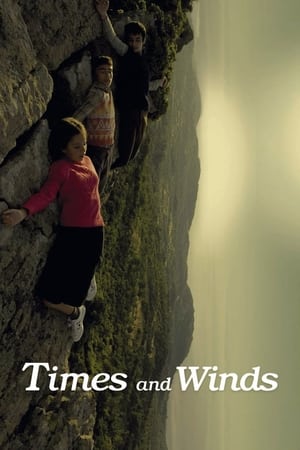
Times and Winds
2006 • 1h 51min • ★ 7.3/10 • Turkey
Directed by: Reha Erdem
Cast: Ozen Ozkan, Ali Bey Kayali, Elit İşcan, Bülent Emin Yarar, Taner Birsel
In a small, poor village leaning over high rocky mountains, the villagers are simple and diligent people who struggle to cope with a harsh nature. They earn their living off the earth and a few animals they feed. Fathers always prefer one of their sons. Mothers command their daughters ruthlessly. Ömer, the son of the imam, wishes hopelessly for the death of his father. When he understands that wishful thinking does not have any concrete results, he begins to search for childish ways to kill his father. Yakup is in love with his teacher, and one day after seeing his father spying on the teacher he dreams too, like Ömer, of killing his father. Yıldız studies and tries to manage the household chores imposed by her mother. She learns with irritation about the secrets of the relationship between men and women.
Times and Winds is a Turkish film directed by Reha Erdem, and is a powerful exploration of the themes of time, nature, and the human experience.
The film takes place in a small village in rural Turkey, and follows the lives of three young friends as they navigate the challenges of growing up in a harsh and unforgiving environment.
The film is notable for its stunning cinematography and evocative use of the Turkish landscape as a backdrop for the story.
It is a subtle and nuanced exploration of the human experience, and offers a poignant and powerful message about the importance of living in harmony with nature and with each other.
Times and Winds is also notable for its use of non-professional actors, who bring a sense of authenticity and realism to the film.
The young actors give nuanced and powerful performances that capture the complexities of adolescence and the challenges of growing up in a difficult and often unpredictable world.
The film has won numerous awards, including the FIPRESCI Prize at the Istanbul International Film Festival, and is widely regarded as one of the most important Turkish films of the past decade.
It is a powerful and moving work of art that speaks to the enduring power of the human spirit to find meaning and beauty in even the harshest of circumstances.
- Amazon Prime Video (Video on Demand)
- Ali Bey Kayali, Elit Iscan (Actors)
- Reha Erdem (Director) - Reha Erdem (Writer) - Ömer Atay (Producer)
- (Playback Language)
- Audience Rating: NR (Not Rated)
14. Vavien (2009)
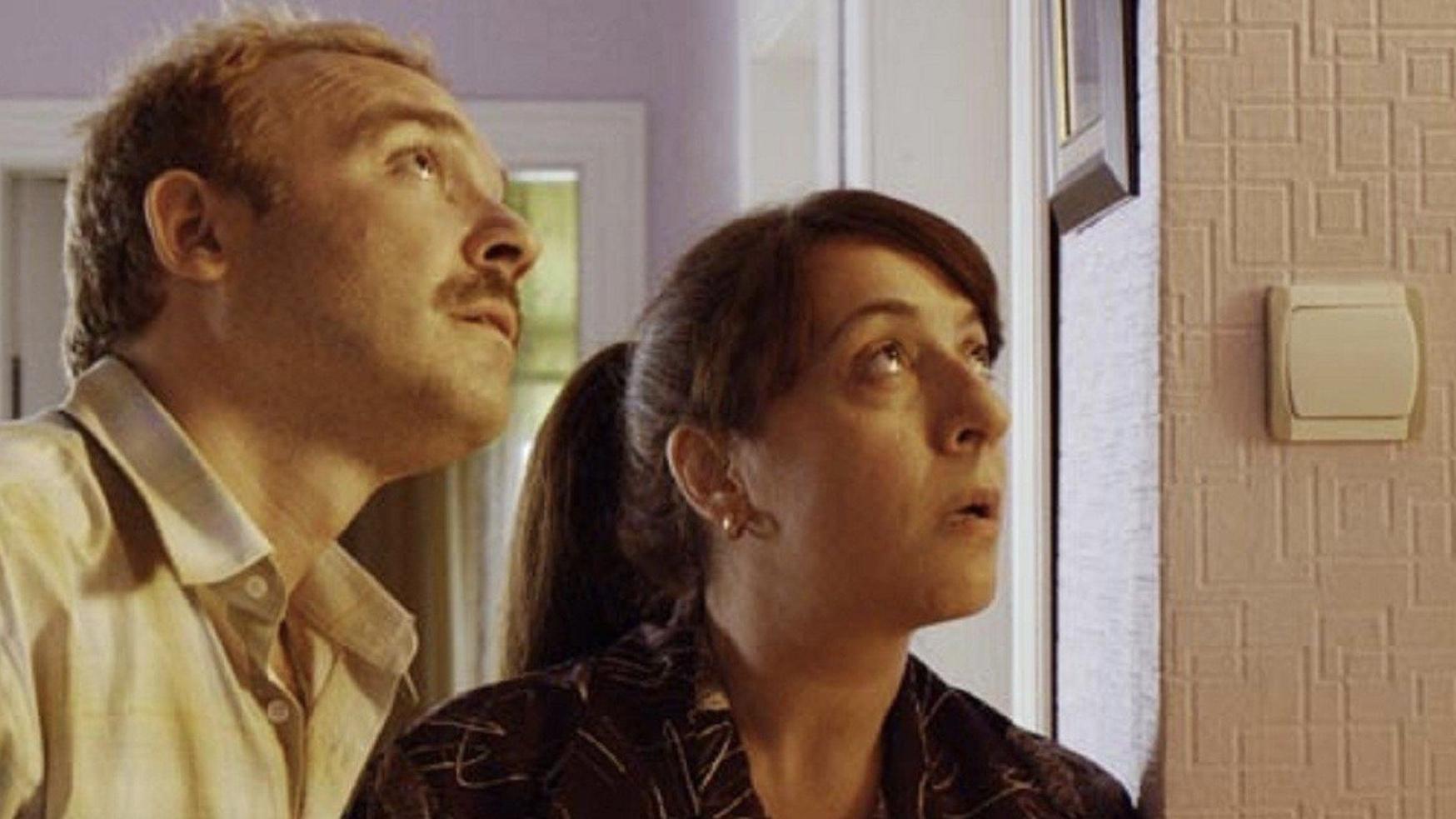
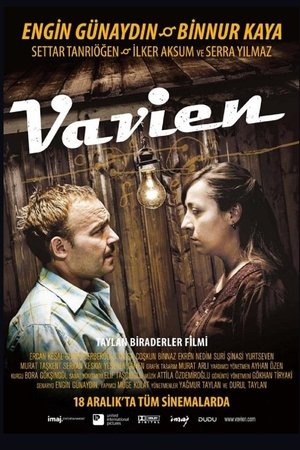
Vavien
2009 • 1h 40min • ★ 7.3/10 • Turkey
Directed by: Yağmur Taylan
Cast: Engin Günaydın, Binnur Kaya, Settar Tanrıöğen, İlker Aksum, Serra Yılmaz
Celal, lives an unhappy family life with his wife Sevilay and his child in a small town. Celal and his brother Cemal, running an electrician shop which doesn't go well. They are in debt. The only fun they have is going to the night clubs in Samsun. Celal's love for Sibel Ceylan who works in the night club, will cause him trouble. Celal's wife, Sevilay, saves her money, sent by her father who lives in Germany. She is unaware of the fact that Celal knows her secret.
“Vavien” is a Turkish comedy-drama film directed by Yağmur Taylan and Durul Taylan and released in 2009. The movie stars Engin Günaydın, Binnur Kaya, and Settar Tanrıöğen in lead roles.
The story of the film takes place in a small Turkish town where a dysfunctional couple named Celal and Sevilay live with their teenage son.
As their marriage falls apart and they each pursue extramarital affairs, they begin to question their own identities and the meaning of their lives.
https://www.youtube.com/watch?v=7ev8IUYEZ4Q
“Vavien” is a darkly comic and poignant film that explores the themes of marriage, sexuality, and the search for happiness. The movie is characterized by its witty dialogue, strong performances, and clever storytelling.
It has won critical acclaim and is considered one of the best Turkish films of recent years. The film offers a unique perspective on contemporary Turkish society and the challenges facing modern relationships.
- vavien
- art house international
- english subtitle
- turkish comedy
- turkce film
15. Head-On (2004)
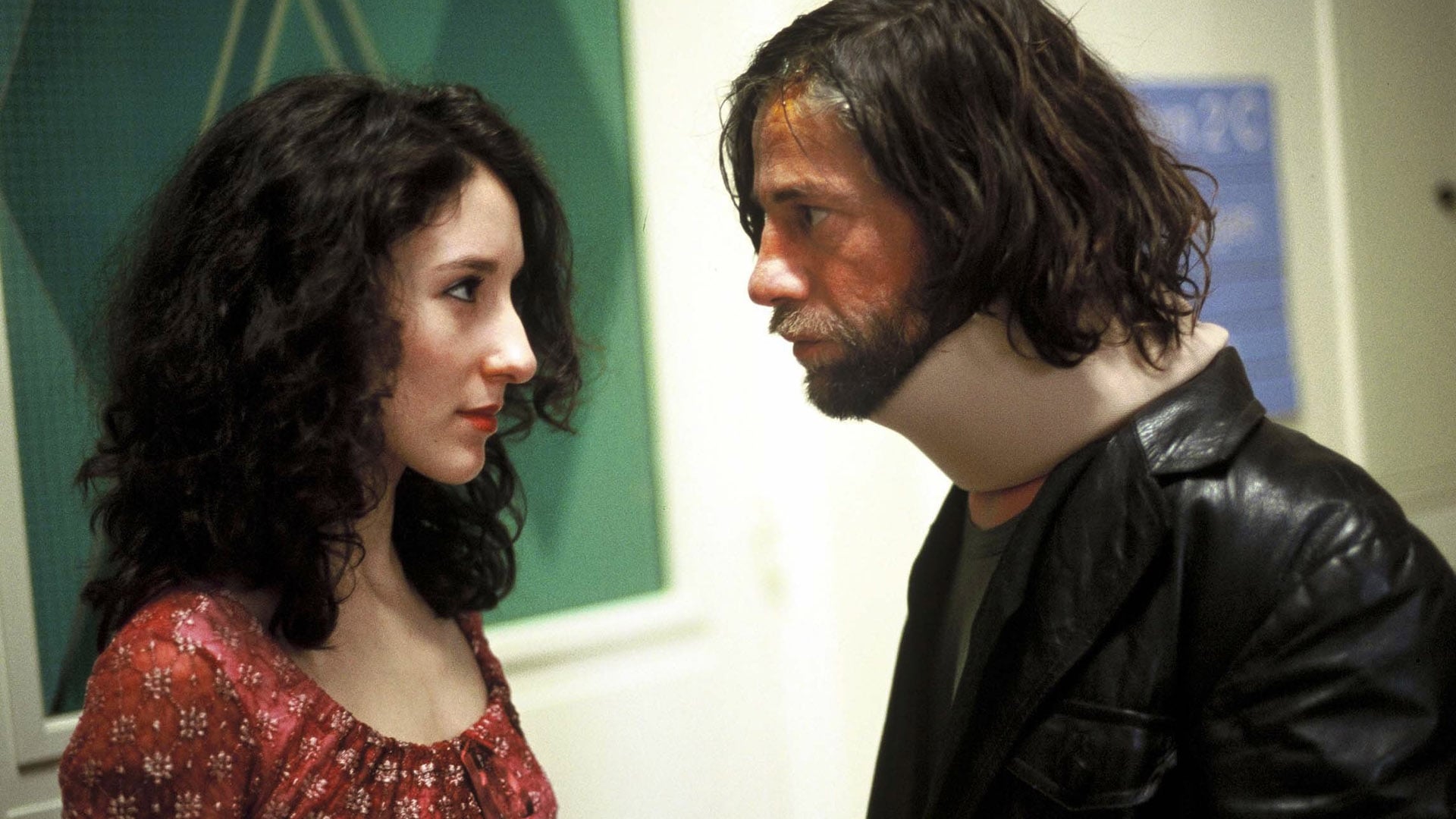
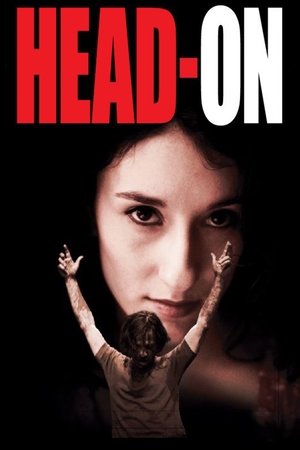
Head-On
You don't really know how much you can love...
2004 • 1h 57min • ★ 7.469/10 • Germany
Directed by: Fatih Akin
Cast: Sibel Kekilli, Birol Ünel, Güven Kıraç, Meltem Cumbul, Adam Bousdoukos
With the intention to break free from the strict familial restrictions, a suicidal young woman sets up a marriage of convenience with a forty-year-old addict, an act that will lead to an outburst of envious love.
“Head-On” (Gegen die Wand) is a German-Turkish film directed by Fatih Akin and released in 2004. The film tells the story of a Turkish-German woman named Sibel who is trapped between two cultures and struggling with her identity.
She meets a man named Cahit, who is also Turkish-German and has his own struggles with addiction and depression. The two form an unlikely relationship that is both passionate and destructive.
The film explores themes such as cultural identity, mental illness, and the search for personal freedom. It is known for its raw and intense performances from its cast, particularly Birol Ünel and Sibel Kekilli, who play Cahit and Sibel, respectively.
“Head-On” was a critical and commercial success both in Germany and internationally, winning several awards at the Berlin International Film Festival and other prestigious film festivals around the world.
The film is known for its uncompromising and honest portrayal of complex and difficult subjects, as well as its innovative and dynamic filmmaking style. It is considered one of the best works of Fatih Akin, who is widely regarded as one of Germany’s most talented and influential filmmakers.
16. Zerre (2012)
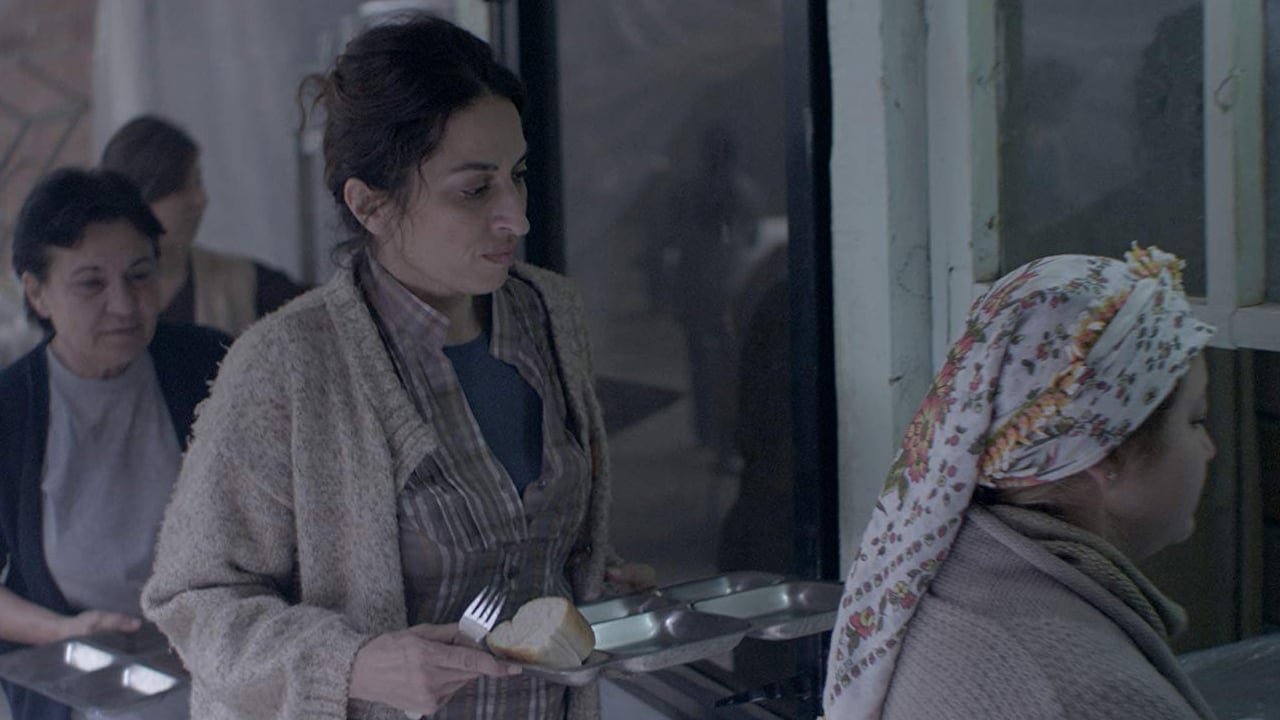
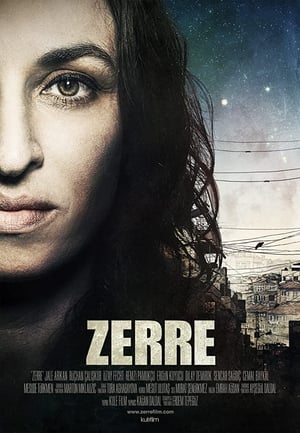
Particle
2012 • 1h 20min • ★ 5.769/10 • Turkey
Directed by: Erdem Tepegöz
Cast: Jale Arıkan, Rüçhan Çalışkur, Özay Fecht, Remzi Pamukçu, Ergun Kuyucu
How much space does Zeynep take up in this vast universe? This is a city brimming with the struggling and the unemployed; aren’t their lives a bit like the infinite, tiny particles flying through the air? Zeynep is already trying hard to make ends meet when she gets fired from her job at a textile mill. The Particle follows her as she searches for a job. We follow her in and out of workspaces. Zeynep’s world – the streets and homes in Tarlabaşı – are dark and suffocating.
“Zerre” is a 2012 Turkish drama film directed by Erdem Tepegöz, who also wrote the screenplay. The film follows the story of a middle-aged woman named Nazan, who lives alone in an apartment in Istanbul and works as a cleaner at a shopping mall.
As the film progresses, Nazan’s mundane routine is disrupted by a series of strange and unsettling events, including a mysterious package that arrives at her doorstep and the disappearance of her beloved cat.
These events lead Nazan on a journey of self-discovery, as she confronts her own fears and desires.
The film is known for its atmospheric and minimalist style, with a focus on the small details of Nazan’s daily life and the empty spaces of her apartment.
It explores themes such as loneliness, alienation, and the search for meaning in a world that can be unpredictable and chaotic.
“Zerre” has been praised for its powerful performances, particularly by its lead actress, Jale Arikan, and its nuanced portrayal of the human psyche.
It has won several awards both in Turkey and internationally, including the Best Director and Best Actress awards at the 2012 International Bosphorus Film Festival.
17. Takva: A Man’s Fear of God (2006)
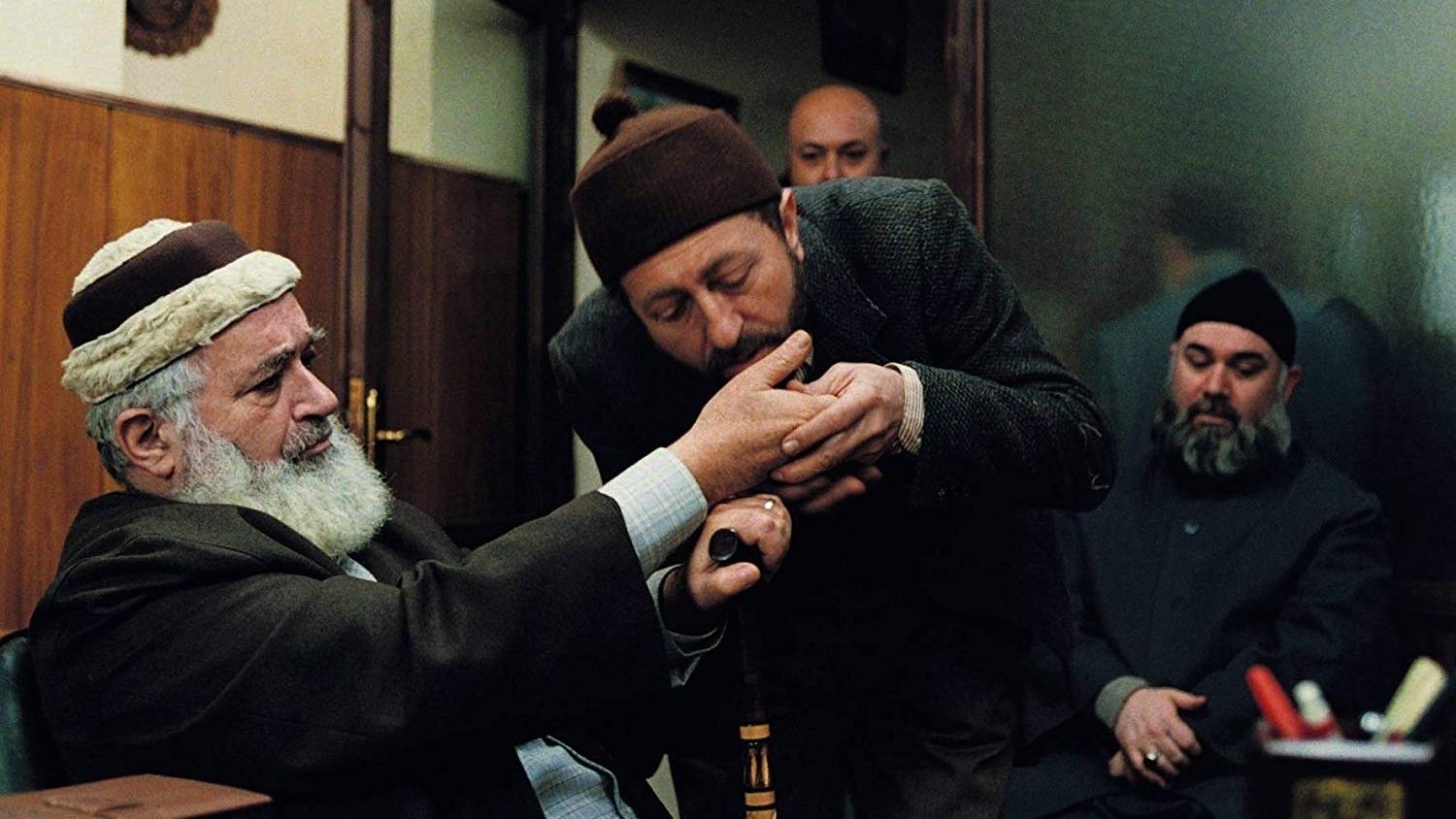

Takva: A Man's Fear of God
I just wanted to be a good person.
2006 • 1h 36min • ★ 7.2/10 • Germany
Directed by: Özer Kızıltan
Cast: Erkan Can, Güven Kıraç, Meray Ülgen, Erman Saban, Settar Tanrıöğen
Humble and introvert Muharrem lives in a solitary and meager existence of a prayer and sexual abstinence adhering strictly to the most severe Islamic doctrines.His extraordinary devotion attracts the attention of the leader of a rich and powerful Istanbul religious group and he offers him an administrative post as a rent collector for their numerous properties. Muharrem's new job throws him into the modern outside world he has successfully avoided for so long. He soon witnesses conflict attitude toward alcohol consumption and goodwill.He notices that he himself has become proud, domineering and even dishonest.To make matters worse, Muharrem's inner peace is unnerved by the tormenting image of seductive woman who tempts him in his dreams,both night and day.With the balance of his devotion now upset,his fear of God begins to eat away at his senses.
Takva: A Man’s Fear of God is a Turkish film directed by Özer Kızıltan, and is a thought-provoking exploration of the themes of faith, devotion, and self-discovery. The film follows the story of Muharrem, a devout and humble Istanbul-based worker who is suddenly thrust into the world of Islamic mysticism when he is chosen to be the personal assistant to a charismatic sheikh.
As Muharrem immerses himself in his new role, he begins to experience a profound spiritual awakening, and finds himself torn between his devotion to God and his earthly desires.
He struggles to balance his newfound spirituality with his own human flaws and weaknesses, and must confront the challenges of temptation and desire in order to find true inner peace and enlightenment.
Takva: A Man’s Fear of God is notable for its nuanced exploration of the complexities of faith and devotion, and for its evocative portrayal of the power of spirituality to transform and enrich the human experience.
The film is also notable for its stunning cinematography and its careful attention to detail, which help to create a vivid and immersive world that draws the viewer in and invites them to reflect on the deeper questions of life and meaning.
The film has won numerous awards, including the Best Film award at the Istanbul International Film Festival, and is widely regarded as one of the most important Turkish films of the past decade.
It is a powerful and moving work of art that speaks to the enduring power of faith and the human spirit to find meaning and purpose in the face of life’s greatest challenges.
- Factory sealed DVD
- Erkan Can, Güven Kiraç (Actors)
- Özer Kiziltan (Director)
- English (Subtitle)
- Audience Rating: Unrated (Not Rated)
18. Wrong Rosary (2009)

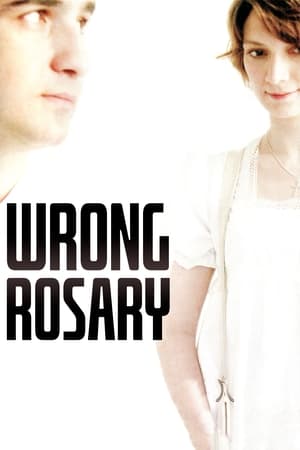
Wrong Rosary
2009 • 1h 30min • ★ 7/10 • Turkey
Directed by: Mahmut Fazıl Coşkun
Cast: Nadir Sarıbacak, Görkem Yeltan, Ersan Uysal, Burçin Şenkal, Murat Ergün
Muezzin Musa falls for his neighbor, the Catholic nurse Clara. The story gets even more exceptional when Musa meets Yakup, who turns out to be connected with Clara.
“Wrong Rosary” is a Turkish drama film directed by Mahmut Fazıl Coşkun and released in 2009. The movie stars Nadir Sarıbacak, Görkem Yeltan, and Ersan Üldes in lead roles.
The story of the film centers around a young man named Musa who works as a muezzin at a mosque in Istanbul. Musa’s life changes when he meets a prostitute named Clara and begins to question his faith and his place in the world.
As he tries to help Clara escape her troubled life, he must confront his own doubts and fears.
“Wrong Rosary” is a powerful and emotional film that explores the themes of faith, redemption, and human connection. The movie is characterized by its strong performances, atmospheric cinematography, and haunting musical score.
It has won several awards at international film festivals and is considered a landmark work of Turkish cinema. The film offers a unique perspective on the complex and often conflicting aspects of Turkish society and culture.
- Wrong Rosary ( Uzak ihtimal ) ( Lathos komposkoini )
- Wrong Rosary
- Uzak ihtimal
- Lathos komposkoini
- Rahman Altin, Nadir Saribacak, Ersan Unsal (Actors)
19. Bullshit (1993)
No poster available
“Bullshit” (original title “Sıtma”) is a 1993 Turkish drama film directed by Derviş Zaim. The film is set in a small village in the middle of the forest, where the residents suffer from malaria.
The village doctor, who is also the protagonist of the film, tries to find a solution to the malaria epidemic and help the villagers.
As the film progresses, the doctor begins to question the true causes of the malaria epidemic and the role of the government and corporations in perpetuating it.
He becomes increasingly disillusioned with the corruption and bureaucracy he encounters, and starts to feel isolated from the people he is trying to help.
The film is known for its political and social commentary, and its portrayal of the struggle between individuality and conformity. It explores themes such as power, exploitation, and the need for personal agency in the face of institutionalized oppression.
“Bullshit” has been praised for its realistic and nuanced portrayal of rural life in Turkey, as well as its powerful performances and gripping storyline. It has won several awards, including the Golden Orange for Best Director and Best Screenplay at the 1993 Antalya Golden Orange Film Festival.
20. Motherland Hotel (1987)
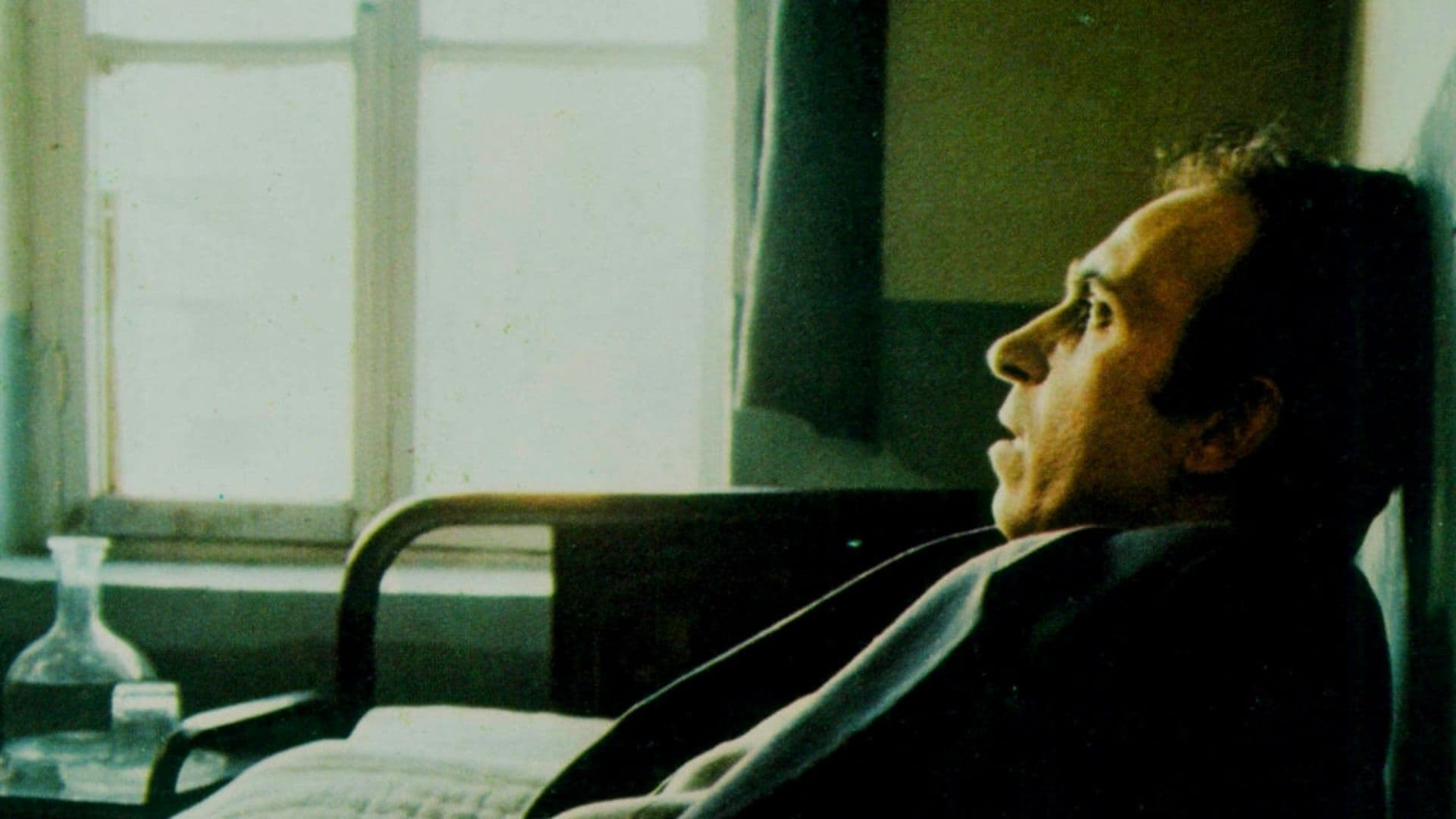
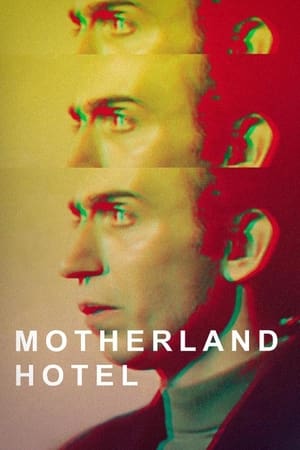
Motherland Hotel
1987 • 1h 41min • ★ 6.9/10 • Turkey
Directed by: Ömer Kavur
Cast: Macit Koper, Şahika Tekand, Orhan Çağman, Serra Yılmaz, Osman Alyanak
Zebercet is an obsessive man living a monotonous life in a hotel with few customers. This monotonous life changes with the arrival of a woman who does not even give her name. She stays only one night in the room she has rented and leaves the hotel to come back a week later.
Motherland Hotel is a Turkish novel written by Yusuf Atılgan and published in 1970. The novel was adapted into a film in 1986 by the director Ömer Kavur and starred Macit Koper, Şerif Sezer and Şehnaz Dilan in lead roles.
The story is set in the early 1970s and follows the life of a lonely and introverted man named Zebercet who works as a night receptionist in a small hotel in Ankara, Turkey.
Zebercet is a man who is haunted by his own past and is isolated from the world around him. He spends most of his time alone in the hotel, reading books and dreaming of a better life.
As the story progresses, Zebercet becomes increasingly obsessed with a mysterious woman who checks into the hotel. He begins to spy on her and tries to learn everything he can about her, hoping to make a connection and break out of his isolation.
The film adaptation of Motherland Hotel is notable for its stark, minimalist visual style and its exploration of themes of loneliness, isolation, and alienation. The film’s use of long takes and static shots emphasizes the stillness and emptiness of Zebercet’s life, and highlights the gap between his inner world and the world around him.
Overall, Motherland Hotel is a haunting and powerful work of Turkish cinema that explores the complex psychology of a lonely and isolated man, and offers a poignant reflection on the human experience of alienation and disconnection.
- Amazon Kindle Edition
- Atilgan, Yusuf (Author)
- English (Publication Language)
- 152 Pages - 12/05/2016 (Publication Date) - City Lights Publishers (Publisher)
21. The Wall (1983)
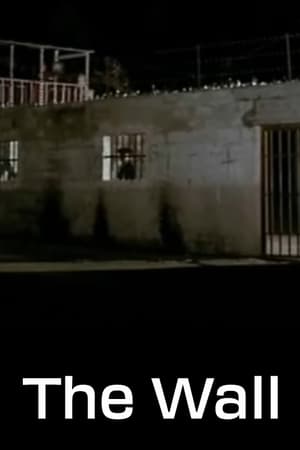
The Wall
1983 • 0h 7min • Canada
Directed by: Ric Amis
The tape follows the participants in a carnival show performing their act called The Wall of Death. The riders operate motorcycles and go-carts on a vertical wall. The tape follows them through one complete show. It starts with the least knowledgeable and least skilled showmen and works up to the best. The star of the show is a woman. She out-performs everyone and stands alone in what is generally thought of as a man's game. Changing roles in a changing society.
“The Wall” is a British musical film directed by Alan Parker and released in 1982. The movie stars Bob Geldof, Christine Hargreaves, and James Laurenson in lead roles.
The story of the film is based on the rock opera album “The Wall” by Pink Floyd, and centers around a rock star named Pink who retreats into a fantasy world after being traumatized by the death of his father and the breakdown of his marriage.
As he isolates himself from the outside world and builds a metaphorical wall around himself, he begins to confront the demons of his past and the destructive forces of society.
“The Wall” is a visually stunning and emotionally powerful film that explores the themes of isolation, trauma, and societal pressures. The movie is characterized by its surreal imagery, innovative use of animation, and powerful musical score.
It has been praised for its artistic vision and cultural impact, and is considered one of the greatest musical films of all time. The film offers a unique perspective on the complexities of the human psyche and the ways in which art can provide a cathartic release for personal struggles.
- Tuncel Kurtiz, Ayse Emel Mesci Kuray, Malik Berrichi (Actors)
- Yilmaz Güney (Director) - Yilmaz Güney (Writer)
22. Kosmos (2009)
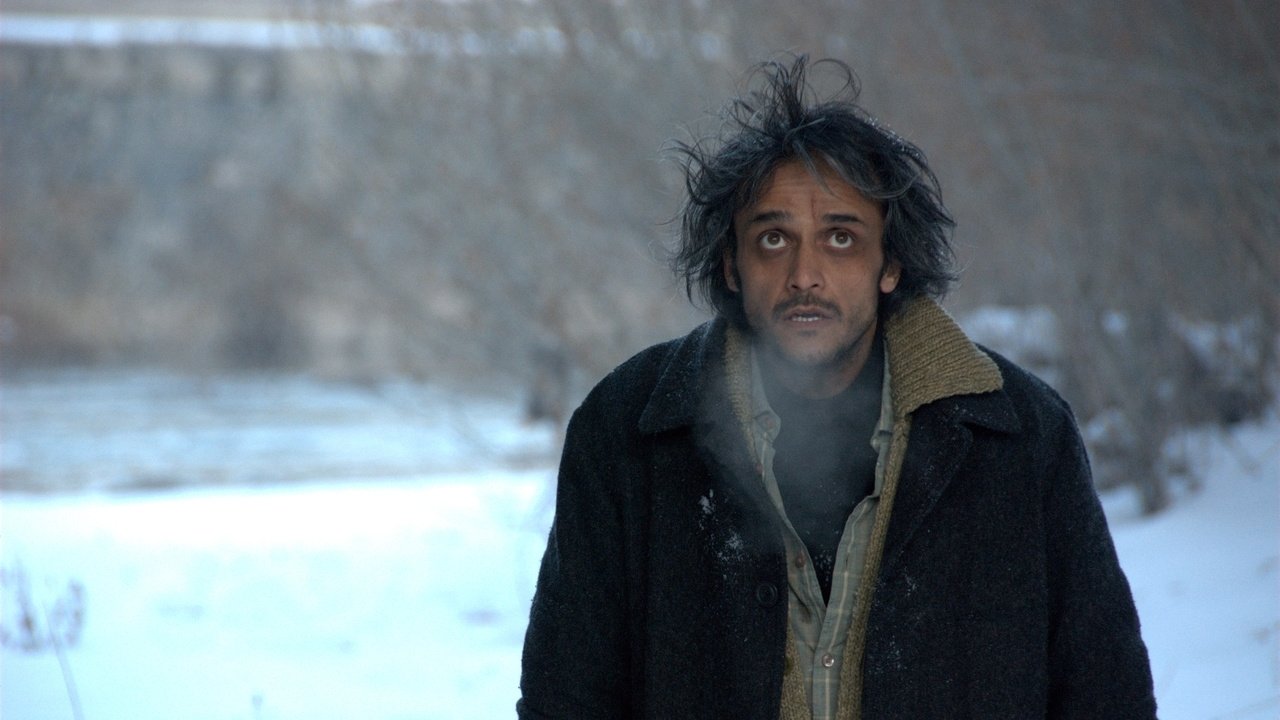
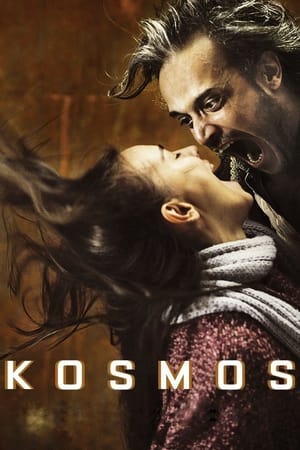
Kosmos
A mysterious stranger with healing powers arrives in a small village.
2009 • 1h 57min • ★ 6.625/10 • Bulgaria
Directed by: Reha Erdem
Cast: Sermet Yeşil, Türkü Turan, Serkan Keskin, Hakan Altuntaş, Akın Anlı
Kosmos is a thief and a miracle-worker. He appears one morning in a tiny, snowbound border village where he is welcomed with open arms – on account of arriving just in time to resuscitate a small boy who would otherwise have drowned.
“Kosmos” is a Turkish-German film directed by Reha Erdem and released in 2009. The film tells the story of a mysterious and enigmatic man named Kosmos who arrives in a small village in Turkey and becomes a source of fascination and intrigue for its residents.
As the villagers try to understand the strange and mystical nature of Kosmos, they are drawn into a web of mystical and otherworldly events that challenge their beliefs and perceptions.
The film explores themes such as the nature of reality, the power of imagination, and the search for spiritual enlightenment. It is known for its atmospheric and dreamlike visuals, as well as its haunting and evocative score.
“Kosmos” was a critical success both in Turkey and internationally, winning several awards at the Cannes Film Festival and other prestigious film festivals around the world. The film is known for its unconventional storytelling and its unique blend of magical realism and allegory.
It is considered one of the best works of Reha Erdem, who is widely regarded as one of Turkey’s most innovative and visionary filmmakers.
- Kosmos ( Cosmos )
- Kosmos
- Cosmos
- Sermet Yesil, Türkü Turan, Serkan Keskin (Actors)
- Reha Erdem (Director) - Kosmos ( Cosmos ) (Producer)
23. Filler ve Çimen (2000)
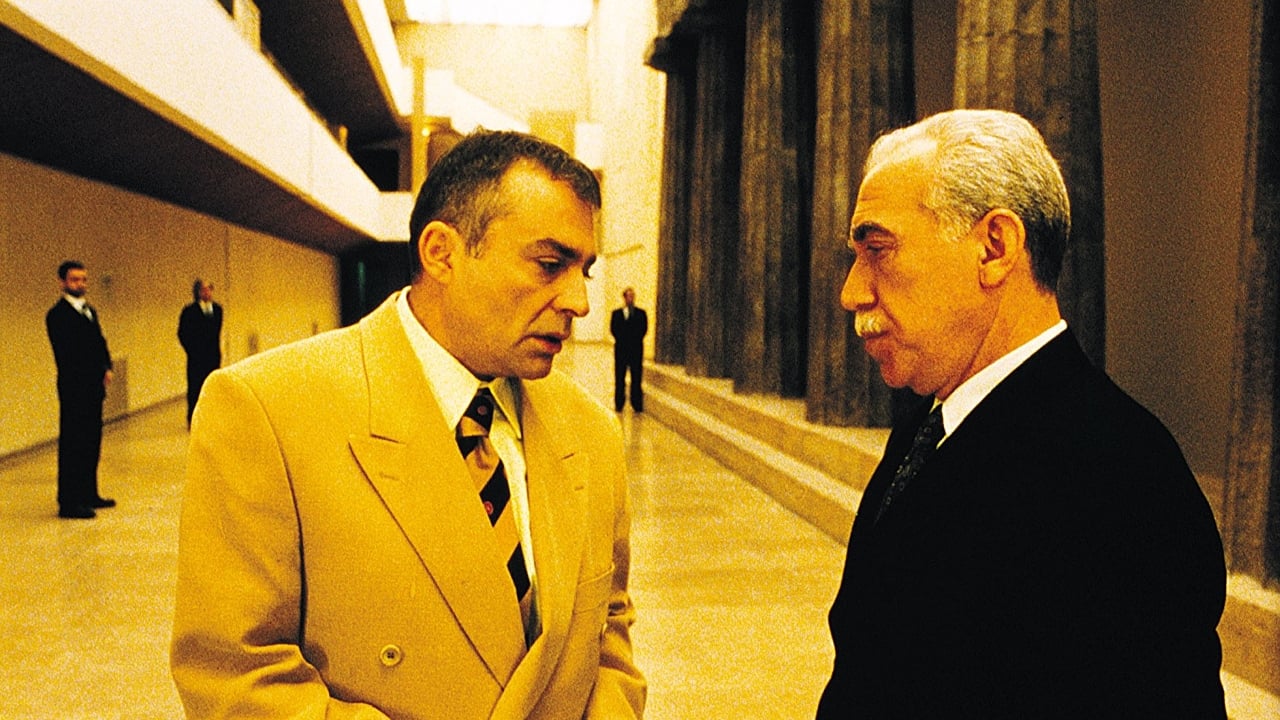
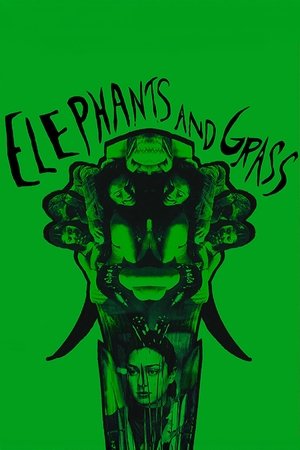
Elephants and Grass
2000 • 1h 55min • ★ 6.4/10 • Turkey
Directed by: Derviş Zaim
Cast: Bülent Kayabaş, Ali Sürmeli, Sanem Çelik, Uğur Polat, Haluk Bilginer
Elephants and Grass (Turkish: Filler ve Çimen) is a 2001 Turkish drama film, written and directed by Derviş Zaim, about six different stories that merge into a common theme. The film, which went on nationwide general release across Turkey on January 5, 2001, won awards at film festivals in Antalya and Istanbul, including the Golden Orange Behlül Dal Jury Special Award.
“Filler ve Çimen” (Elephants and Grass) is a 2000 Turkish drama film directed by Derviş Zaim. The film tells the story of a young man named Yusuf, who lives in a rural village in Turkey and dreams of becoming a filmmaker.
As Yusuf sets out to make his first film, he must navigate the challenges of living in a conservative community and facing opposition from his family and friends. Along the way, he meets a group of local musicians and becomes inspired by their passion and creativity.
The film is known for its poetic and philosophical tone, and its exploration of the themes of art, identity, and tradition. It portrays the struggle between the desire for individual expression and the pressures of conformity, as well as the tension between modernity and tradition in contemporary Turkish society.
“Filler ve Çimen” has been widely acclaimed for its beautiful cinematography, powerful performances, and evocative soundtrack, which features traditional Turkish music. It has won several awards, including the Best Director and Best Screenplay awards at the 2000 Antalya Golden Orange Film Festival.
- Bülent Kayabas, Ali Sürmeli, Sanem Celik (Actors)
- Dervis Zaim (Director)
- English (Subtitle)
24. Somersault in a Coffin (1996)
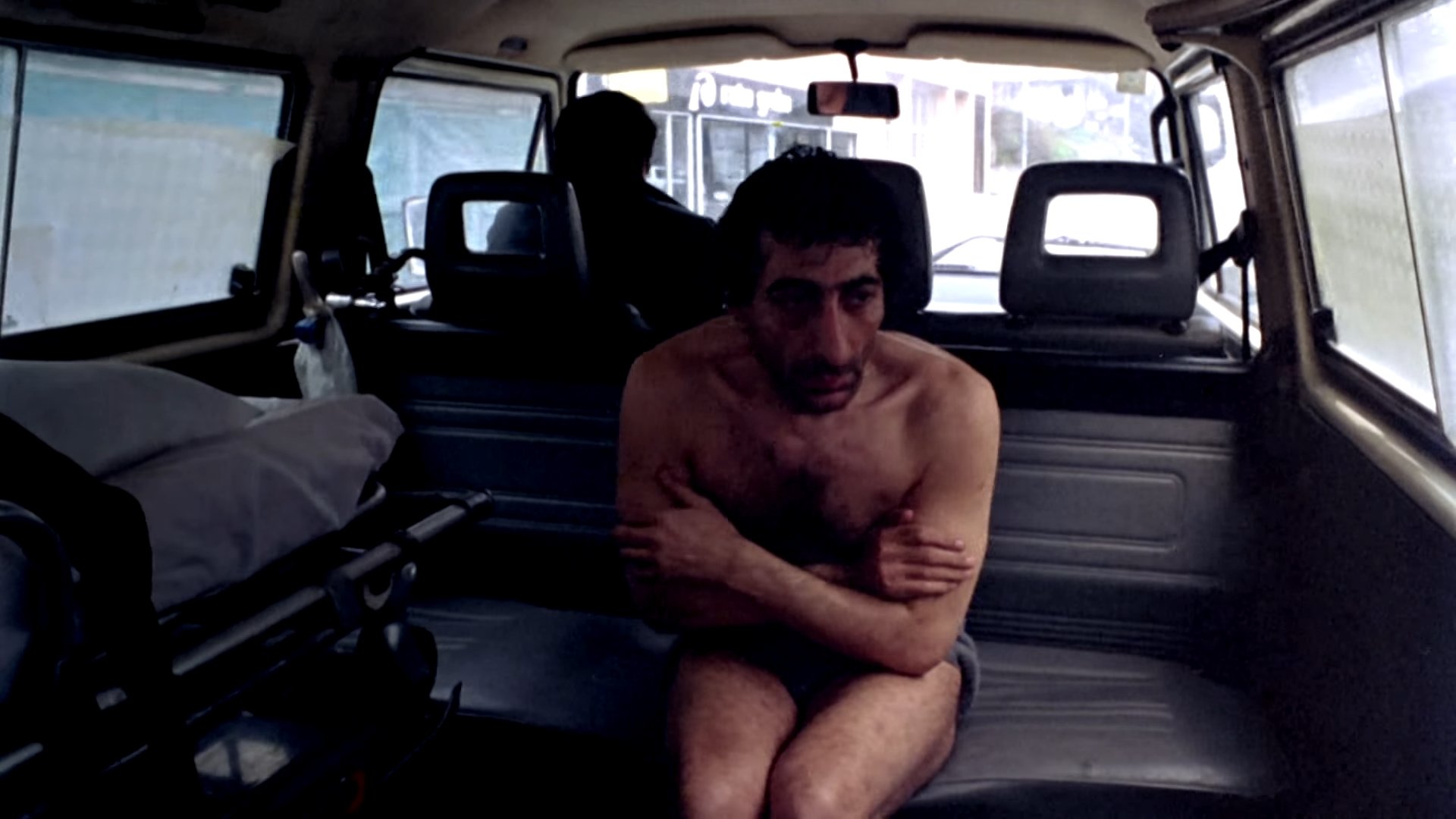
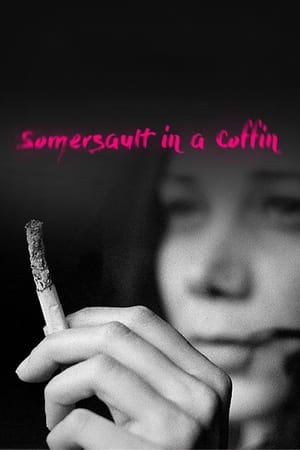
Somersault in a Coffin
1996 • 1h 16min • ★ 7.5/10 • Turkey
Directed by: Derviş Zaim
Cast: Ahmet Uğurlu, Tuncel Kurtiz, Ayşen Aydemir, Derviş Zaim, Mahmut Benek
Mahsun Supertitiz is an unemployed homeless man who steals cars at night so that he can sleep in a heated place during the winter. Mahsun lives in Rumelihisar, an old section of Istanbul, and makes ends meet by getting the local fishermen to help him. Mahsun loves the cars he robs, cleans and polishes them, and drives them through the streets of Rumelihisar during the daytime.
Somersault in a Coffin is a 1996 Turkish film directed by Derviş Zaim. The film tells the story of a young man named Aziz, who is struggling to survive in Istanbul. Aziz is a coffin maker who is trying to make ends meet by working long hours and living in a small, cramped apartment with his family.
As the story unfolds, Aziz becomes increasingly disillusioned with his life and begins to question his place in the world. He dreams of a better life, but feels trapped by his circumstances and his social status.
He becomes involved with a group of anarchists who are fighting against the oppressive government and the inequalities of Turkish society.
Somersault in a Coffin is a powerful and evocative film that explores themes of poverty, social inequality, and political resistance. It offers a stark portrayal of life on the margins of society, and a haunting meditation on the human struggle for freedom and dignity.
The film is notable for its poetic visual style and its use of dreamlike imagery to convey the inner turmoil and emotional intensity of its protagonist.
25. Shadows and Faces (2010)
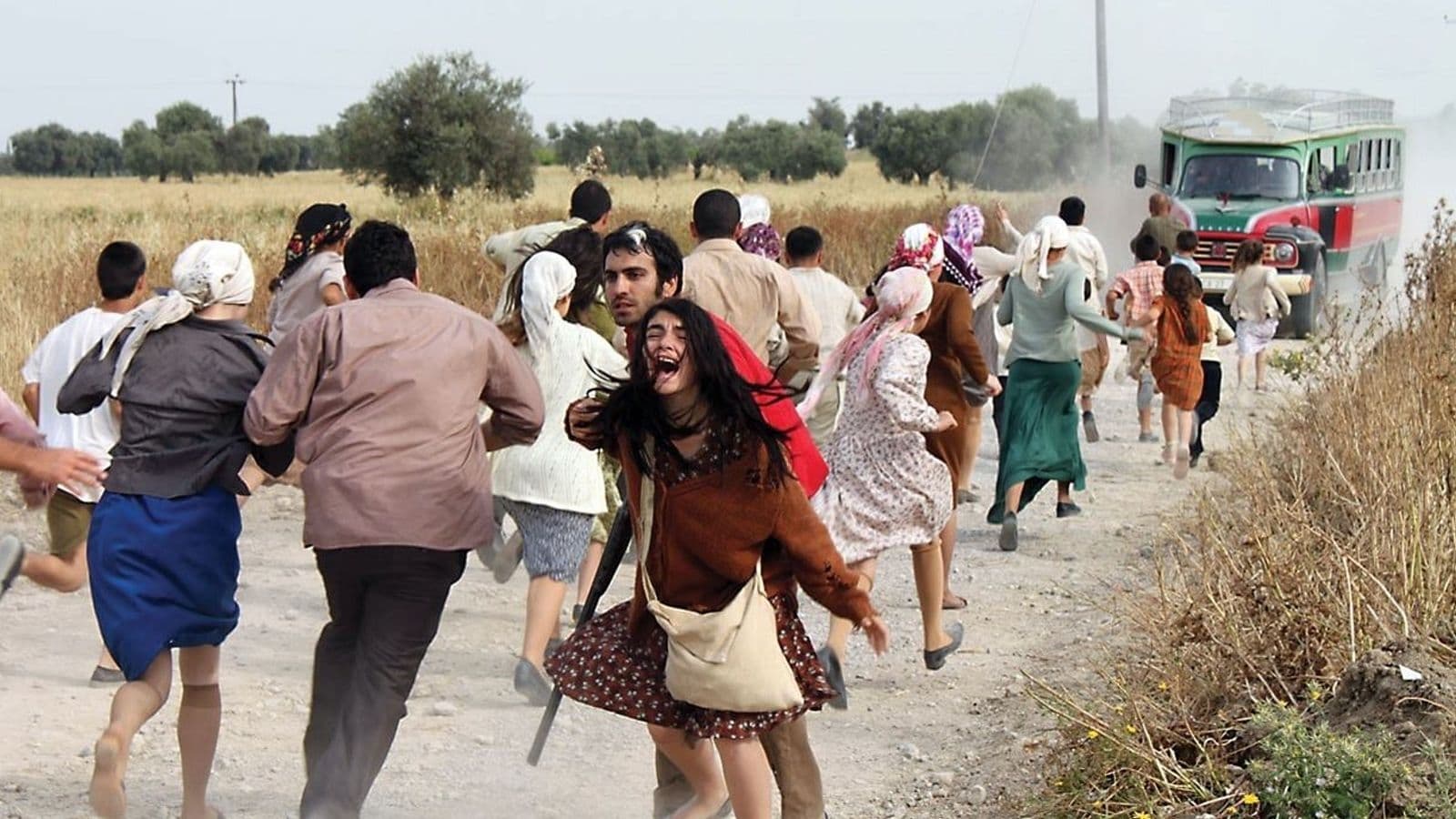
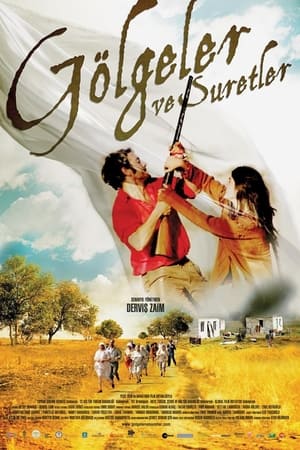
Shadows and Faces
2010 • 1h 56min • ★ 6.2/10 • Turkey
Directed by: Derviş Zaim
Cast: Osman Alkaş, Hazar Ergüçlü, Popi Avraam, Settar Tanrıöğen, Buğra Gülsoy
Shadows and Faces tells the story of a young girl who is separated from his shadow puppetry performer father during the ethnic conflict between Cypriot Greeks and Cypriot Turks in 1963.
“Shadows and Faces” is a Romanian drama film directed by Andrei Zincă and released in 2010. The movie stars Vlad Ivanov, Rodica Lazar, and Ion Sapdaru in lead roles.
The story of the film takes place in a small Romanian town where a group of factory workers are struggling to make ends meet. As they face a range of personal and financial challenges, they must also confront the corrupt management of the factory and the larger political and social forces that shape their lives.
“Shadows and Faces” is a gripping and emotionally powerful film that explores the themes of poverty, inequality, and resistance. The movie is characterized by its realistic portrayal of everyday life in contemporary Romania, its strong performances, and its gritty and atmospheric cinematography.
It has won critical acclaim and is considered one of the best Romanian films of recent years. The film offers a unique perspective on the struggles of ordinary people in the face of overwhelming challenges and the potential for collective action to effect change.
- Osman Alkas, Popi Avraam, Mustafa Bolukbasi (Actors)
- Dervis Zaim (Director)
- English, Turkish (Subtitles)
- Audience Rating: NR (Not Rated)
26. Facing Windows (2003)
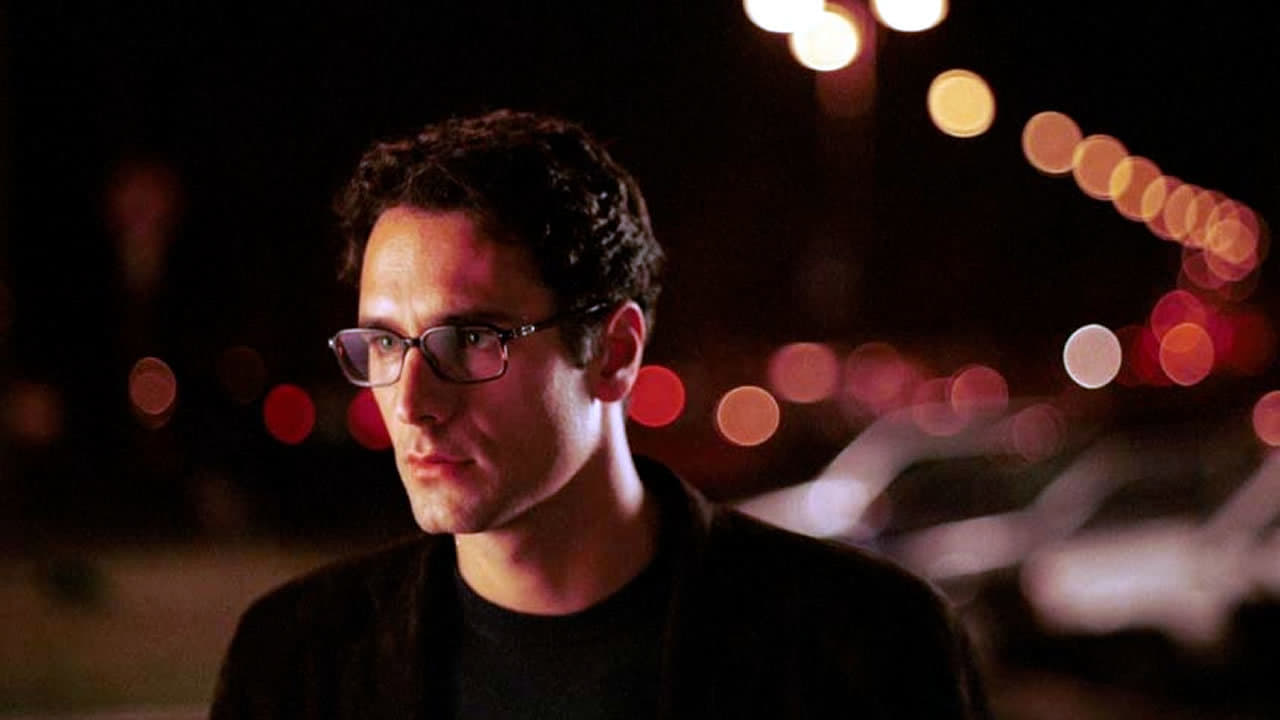
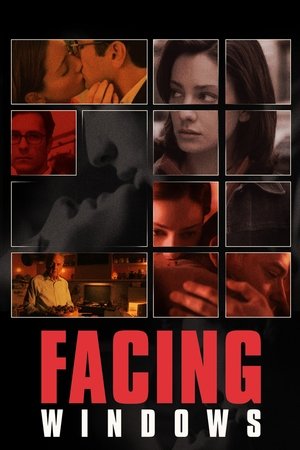
Facing Windows
Desire knows no bounds.
2003 • 1h 46min • ★ 6.994/10 • United Kingdom
Directed by: Ferzan Özpetek
Cast: Massimo Girotti, Raoul Bova, Filippo Nigro, Giovanna Mezzogiorno, Serra Yılmaz
Overburdened and stuck in a greying marriage, Giovanna takes to caring for a Jewish Holocaust survivor her husband brings home. As she begins to reflect on her life, she turns to the man who lives across from her.
“Facing Windows” (La finestra di fronte) is an Italian film directed by Ferzan Özpetek and released in 2003. The film tells the story of a woman named Giovanna, who is struggling with the challenges of her daily life as a wife and mother in modern-day Rome.
One day, while walking home from work, Giovanna meets a man named Lorenzo, who is confused and disoriented. She takes him home and they form an unlikely friendship that gradually turns into a deeper and more complicated relationship.
The film explores themes such as identity, memory, and the complexity of human relationships. It is known for its nuanced and empathetic portrayal of its characters, as well as its lush and evocative cinematography.
“Facing Windows” was a critical and commercial success both in Italy and internationally, winning several awards at the Venice Film Festival and other prestigious film festivals around the world.
The film is known for its sensitive and compassionate depiction of its characters’ struggles, as well as its complex and thought-provoking exploration of the human experience. It is considered one of the best works of Ferzan Özpetek, who is widely regarded as one of Italy’s most talented and visionary filmmakers.
- Facing Windows (2003) ( La Finestra di fronte )
- Facing Windows (2003)
- La Finestra di fronte
- Giovanna Mezzogiorno, Massimo Girotti, Maria Grazia Bon (Actors)
- Ferzan Ozpetek (Director) - Facing Windows (2003) ( La Finestra di fronte ) (Producer)
27. The Edge of Heaven (2007)
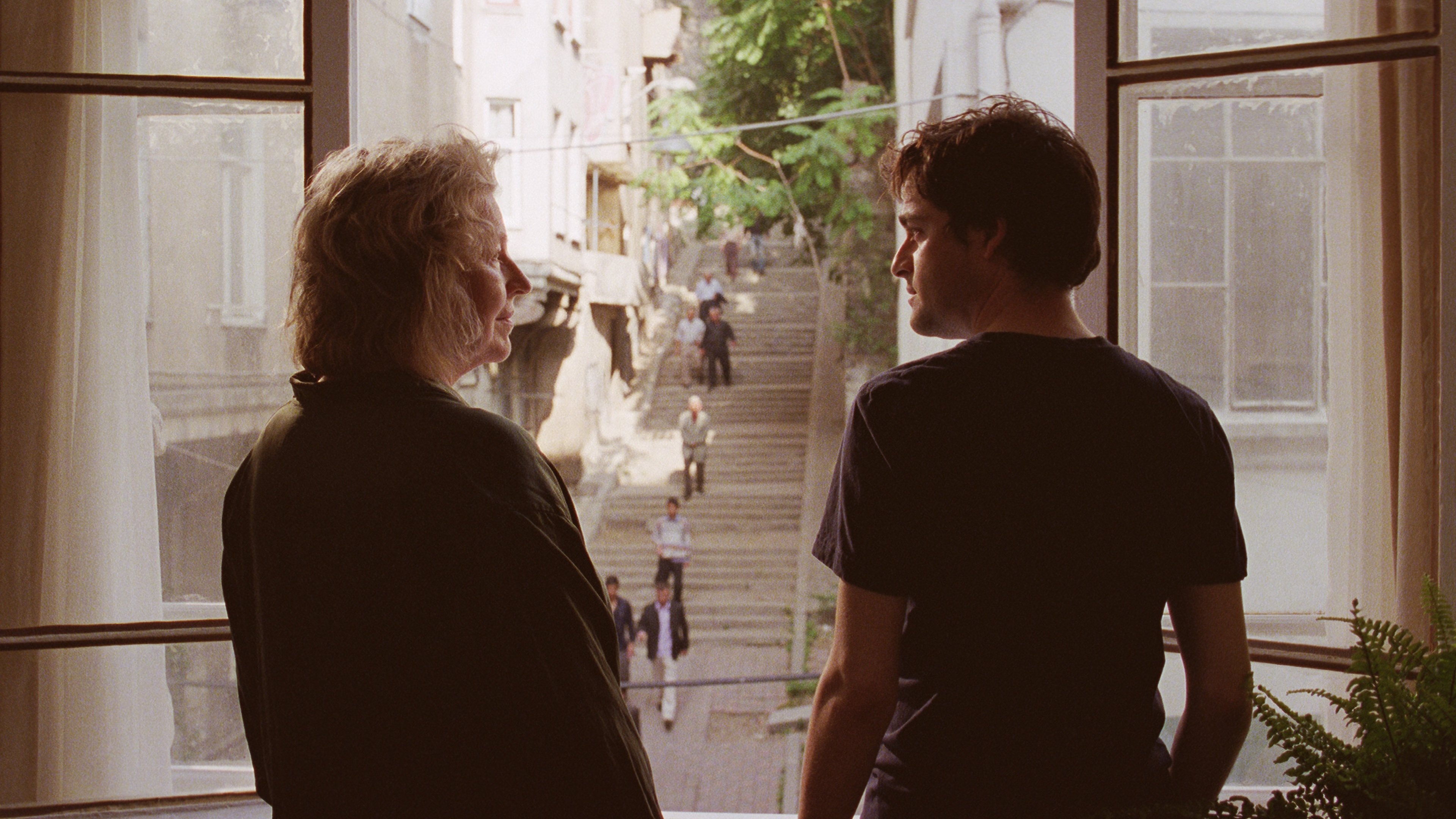

The Edge of Heaven
2007 • 2h 2min • ★ 7.215/10 • Germany
Directed by: Fatih Akin
Cast: Nurgül Yeşilçay, Baki Davrak, Patrycia Ziolkowska, Tuncel Kurtiz, Nursel Köse
The lives of six German-Turkish immigrants are drawn together by circumstance: An old man and a prostitute forging a partnership, a young scholar reconciling his past, two young women falling in love, and a mother putting the shattered pieces of her life back together.
“The Edge of Heaven” is a 2007 German-Turkish drama film directed by Fatih Akin. The film tells the interweaving stories of six characters – two Turkish fathers and their adult children, a young student, and a German woman – whose lives become entangled as they struggle to find their place in a changing world.
The film explores themes such as identity, family, and belonging, and delves into the complex relationships between Turkey and Germany. It deals with issues such as cultural clashes, generational conflicts, and the search for connection in a globalized world.
The film has been praised for its poignant storytelling, evocative cinematography, and powerful performances. It won the Best Screenplay award at the 2007 Cannes Film Festival, and was also nominated for the Palme d’Or.
Overall, “The Edge of Heaven” is a powerful and thought-provoking film that examines the intersection of individual lives with larger societal and political forces.
28. On Board (1998)
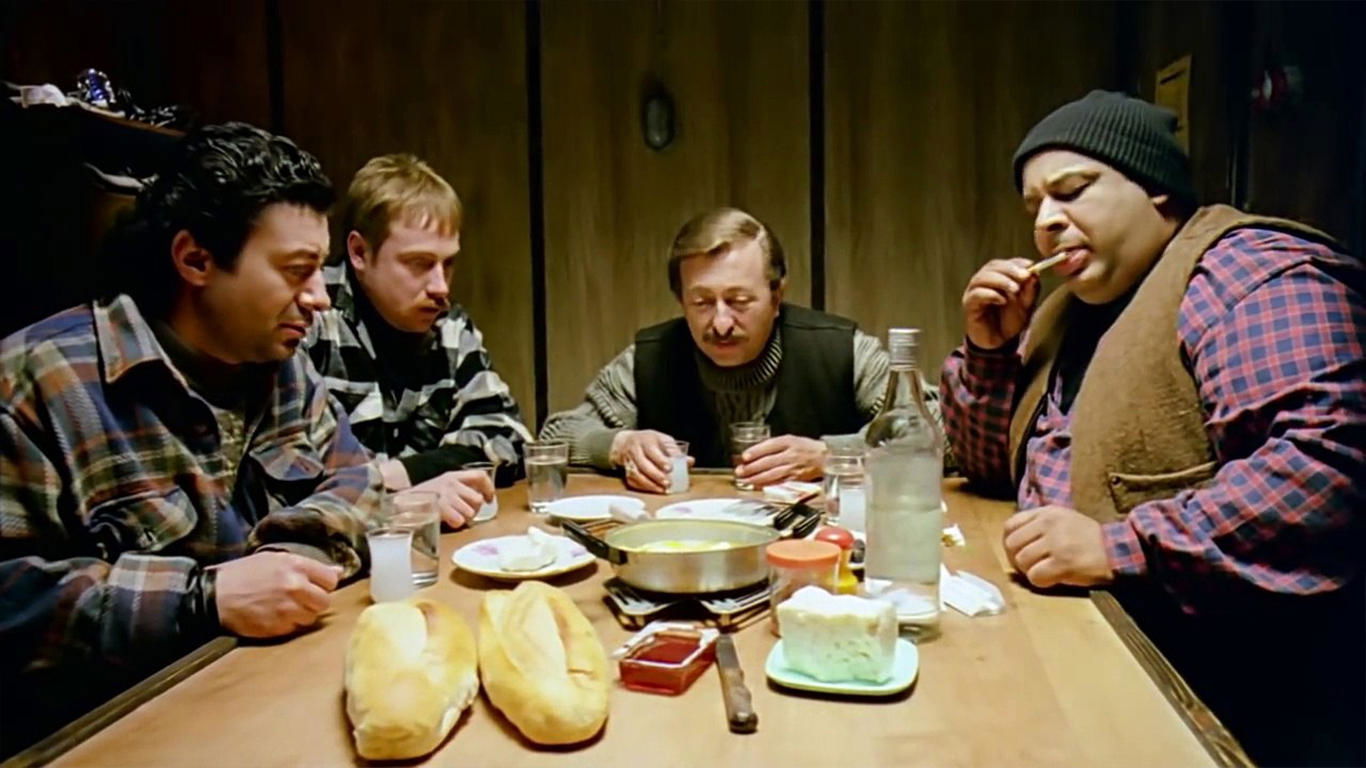

On Board
A ship is like a country.
1998 • 1h 42min • ★ 7.4/10 • Turkey
Directed by: Serdar Akar
Cast: Erkan Can, Naci Taşdöğen, Yıldıray Şahinler, Haldun Boysan, Ella Manea
Sailors want to remain in their small world, which is warm and cozy and full of lies, but their routine life turns upside down when one of them gets mugged and badly beaten.
On Board is a 1998 Turkish drama film directed by Serdar Akar. The film follows the journey of a group of migrant workers from rural Turkey who are traveling to Istanbul in search of employment.
The film examines the struggles and hardships faced by these workers as they try to make a better life for themselves in the city. It explores the economic and social forces that drive migration from the countryside to the city, and the ways in which these forces shape the lives of migrants and their families.
On Board is a powerful and moving film that offers a poignant commentary on the human cost of economic development and globalization. It portrays the dignity and resilience of working-class people in the face of adversity, and it speaks to the universal struggle for human rights and social justice.
- Kadin saticilari
- slaves
- Turkish Movies, turkish movie
- turk filmi, turkce film
- Erkan Can, Ella Manea, Haldun Boysan (Actors)
29. Toss-Up (2004)
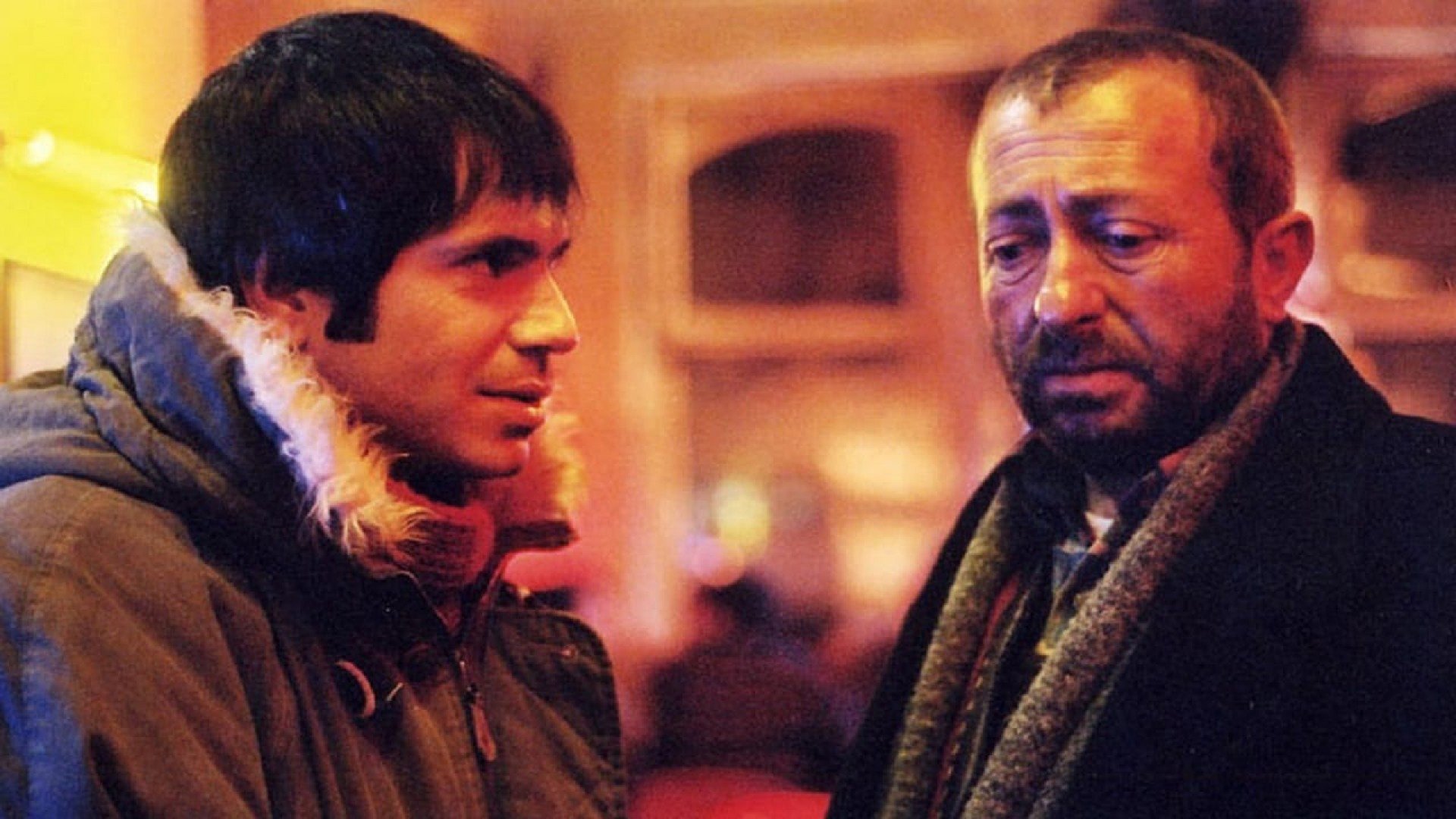
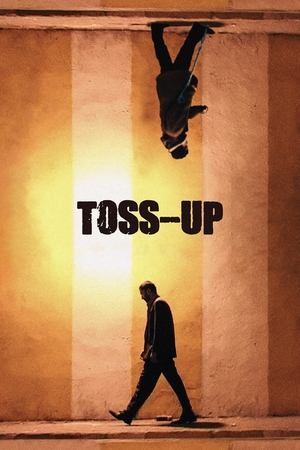
Toss-Up
2004 • 1h 42min • ★ 7/10 • Greece
Directed by: Uğur Yücel
Cast: Kenan İmirzalıoğlu, Olgun Şimşek, Engin Günaydın, Settar Tanrıöğen, Erkan Can
Two soldiers return home from their military service in southeastern Turkey with disabilities.
“Toss-Up” is a Lebanese drama film directed by Danielle Arbid and released in 2004. The movie stars Darine Hamze, Rodrigue Sleiman, and Carol Abboud in lead roles.
The story of the film takes place in Beirut during the 1990s, in the aftermath of the country’s civil war. The movie follows a group of young people who struggle to find their place in a society that is still recovering from years of violence and upheaval.
As they navigate the challenges of love, friendship, and identity, they must also confront the darker forces of sectarianism, corruption, and violence that continue to shape their world.
“Toss-Up” is a gritty and realistic film that offers a nuanced and complex portrayal of life in post-war Lebanon. The movie is characterized by its strong performances, its evocative and atmospheric cinematography, and its powerful and emotionally resonant story.
It has won critical acclaim and is considered one of the best Lebanese films of recent years. The film offers a powerful reflection on the ways in which war and violence can leave lasting scars on individuals and communities, and the struggles of ordinary people to find hope and meaning in the aftermath of conflict.
30. The Bandit (1996)
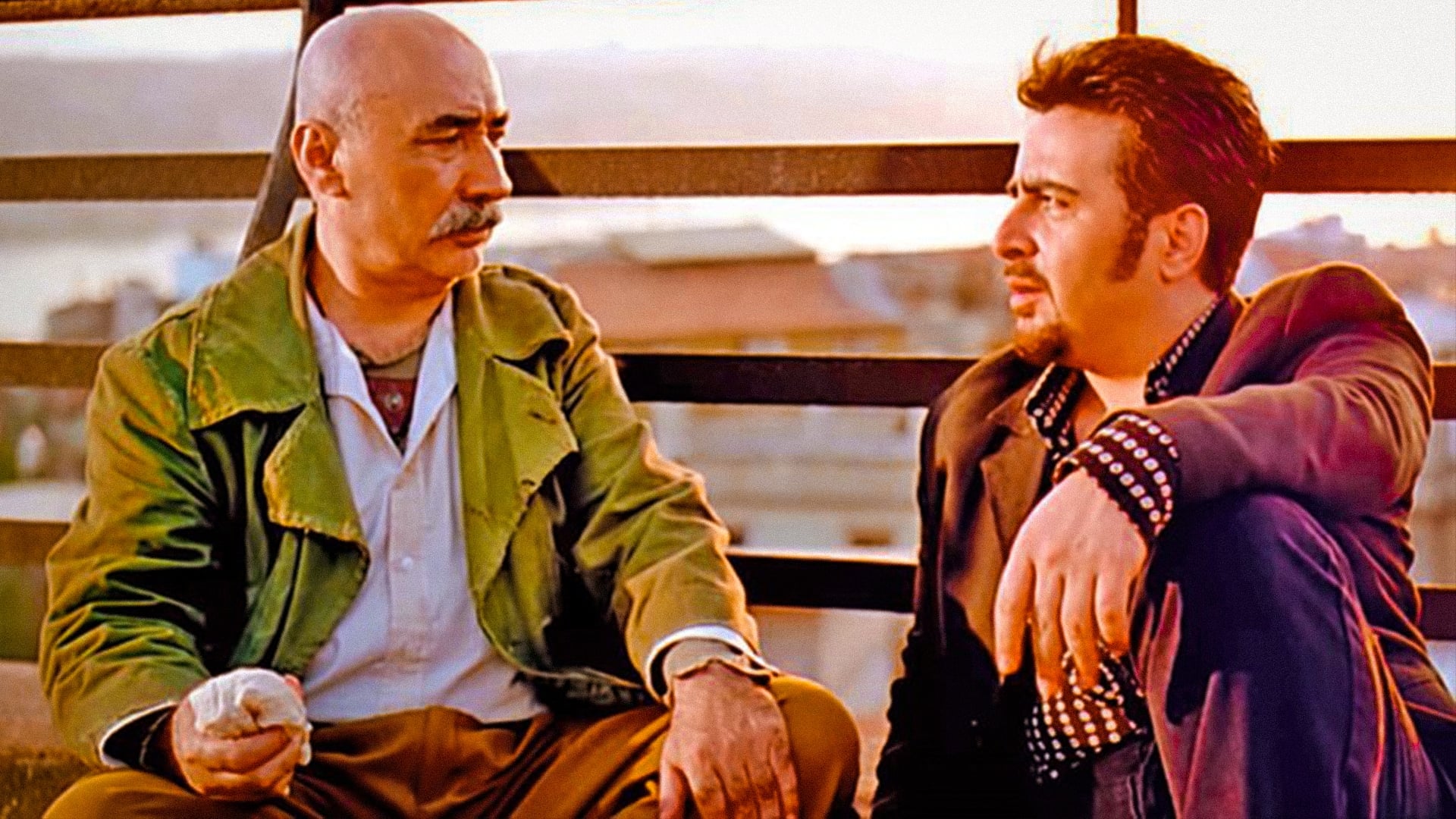
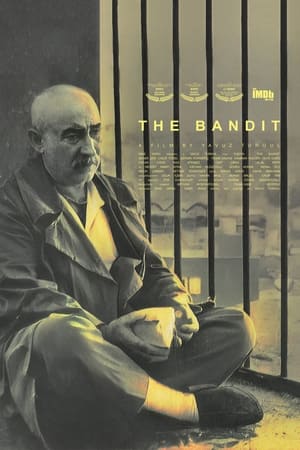
The Bandit
1996 • 2h 8min • ★ 7.334/10 • Turkey
Directed by: Yavuz Turgul
Cast: Şener Şen, Uğur Yücel, Sermin Hürmeriç, Yeşim Salkım, Kamran Usluer
Baran the Bandit, released from prison after serving 35 years, searches for vengeance against his former best friend who betrayed him and stole his lover, teaming up with a young punk with his own demons along the way.
“The Bandit” (Eşkıya) is a Turkish film directed by Yavuz Turgul and released in 1996. The film tells the story of a notorious bandit named Baran who is released from prison after serving a 35-year sentence. As he tries to adjust to life outside of prison, he is drawn into a dangerous and complicated web of power struggles and political intrigue.
The film explores themes such as redemption, loyalty, and the corrupting influence of power. It is known for its evocative and poetic portrayal of its characters and its use of symbolism and allegory.
“The Bandit” was a critical and commercial success both in Turkey and internationally, winning several awards at the Cannes Film Festival and other prestigious film festivals around the world. The film is known for its powerful and emotional storytelling, as well as its sensitive and nuanced depiction of the human experience.
It is considered one of the best works of Yavuz Turgul, who is widely regarded as one of Turkey’s most talented and visionary filmmakers.
31. Once Upon a Time in Anatolia (2011)

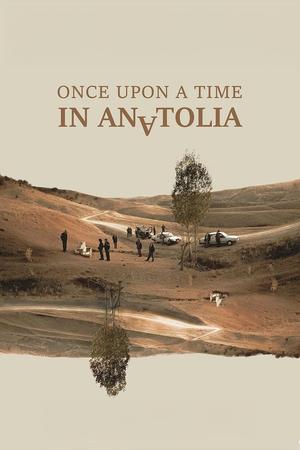
Once Upon a Time in Anatolia
2011 • 2h 43min • ★ 7.5/10 • Bosnia and Herzegovina
Directed by: Nuri Bilge Ceylan
Cast: Muhammet Uzuner, Yılmaz Erdoğan, Taner Birsel, Ahmet Mümtaz Taylan, Fırat Tanış
A group of men lead a search for a victim of a murder to whom a suspect named Kenan and his mentally challenged brother confessed. However, the search is proving more difficult than expected as Kenan is fuzzy as to the body's location. As the group continues looking, its members can't help but chat among themselves about everyday life, which ultimately leads to conversations about their deepest existential concerns and secrets.
“Once Upon a Time in Anatolia” is a 2011 Turkish drama film directed by Nuri Bilge Ceylan. The film follows a group of men – including a police commissioner, a prosecutor, a doctor, and a murder suspect – as they search for a buried body in the vast and desolate landscapes of rural Anatolia.
The film is known for its slow and deliberate pacing, and its contemplative exploration of themes such as memory, guilt, and the human condition. It portrays the characters’ search for truth and meaning, as well as their struggles with their own inner demons and personal histories.
“Once Upon a Time in Anatolia” has been widely acclaimed for its masterful direction, stunning cinematography, and exceptional performances. It won the Grand Prix at the 2011 Cannes Film Festival, and has been hailed as one of the greatest Turkish films of all time.
Overall, “Once Upon a Time in Anatolia” is a meditative and thought-provoking film that offers a profound and haunting reflection on the human experience.
32. The Wild Pear Tree (2018)
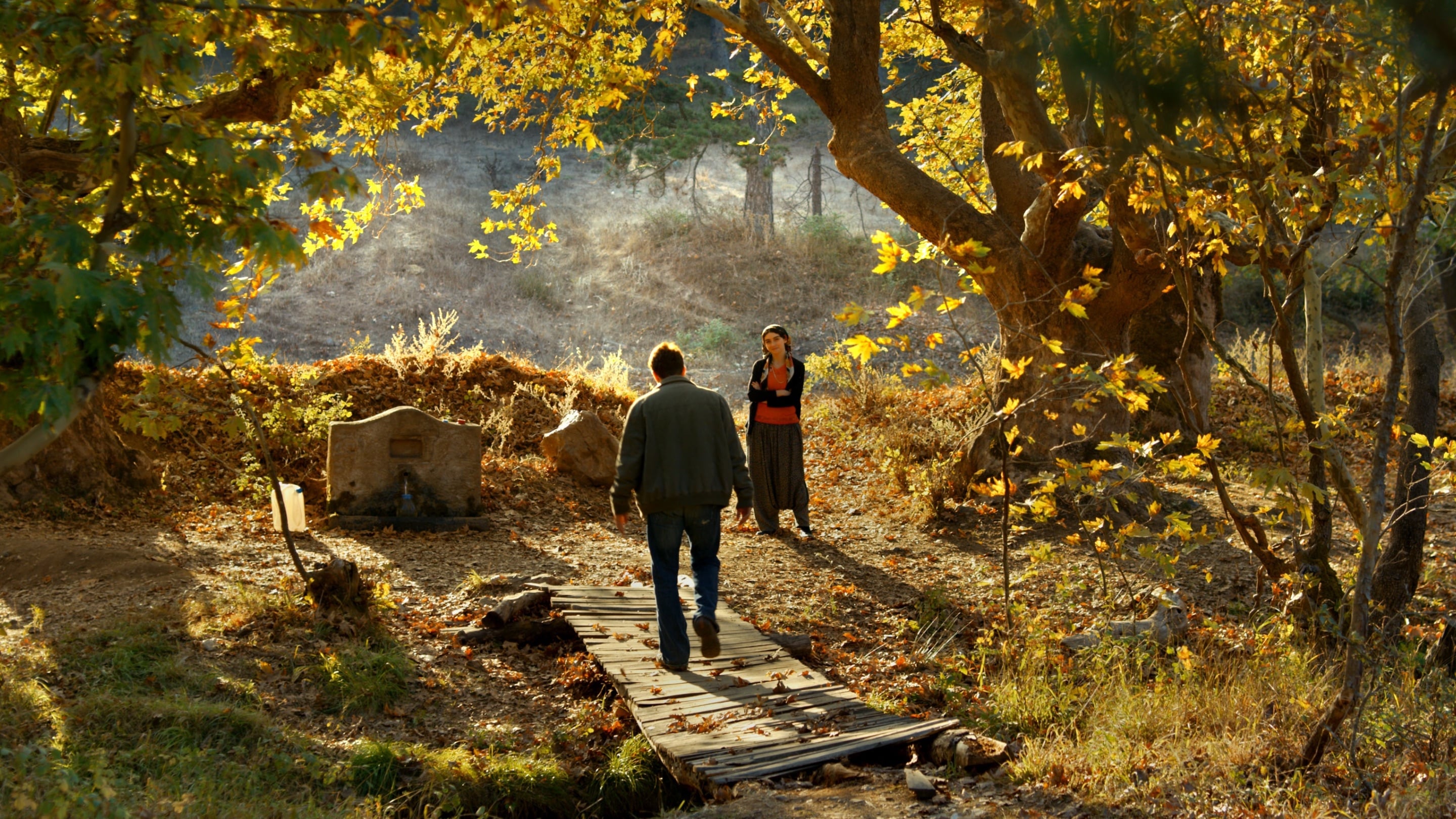
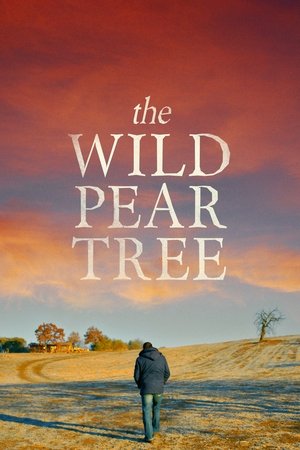
The Wild Pear Tree
2018 • 3h 8min • ★ 7.5/10 • Bosnia and Herzegovina
Directed by: Nuri Bilge Ceylan
Cast: Doğu Demirkol, Murat Cemcir, Bennu Yıldırımlar, Hazar Ergüçlü, Serkan Keskin
Fresh out of university, a Turkish young man with literary aspirations returns to his home village, and to his father, a debt-ridden man with a gambling problem.
The Wild Pear Tree is a 2018 Turkish drama film directed by Nuri Bilge Ceylan. The film follows the story of a young man named Sinan, who returns to his hometown in rural Turkey after graduating from college.
Sinan dreams of becoming a writer, but he finds himself caught up in the struggles and contradictions of contemporary Turkish society.
The film explores themes of family, tradition, and modernity, and it offers a complex and nuanced portrait of life in Turkey today. It examines the tensions and conflicts that arise between different generations and social classes, and it offers a subtle critique of the political and cultural forces that shape Turkish society.
The Wild Pear Tree is notable for its exquisite cinematography, its richly drawn characters, and its poetic and philosophical sensibility. It is a contemplative and introspective film that offers a profound meditation on the human condition.
It stands as a powerful testament to the artistic vision of one of Turkey’s most important filmmakers.
33. Ivy (2015)
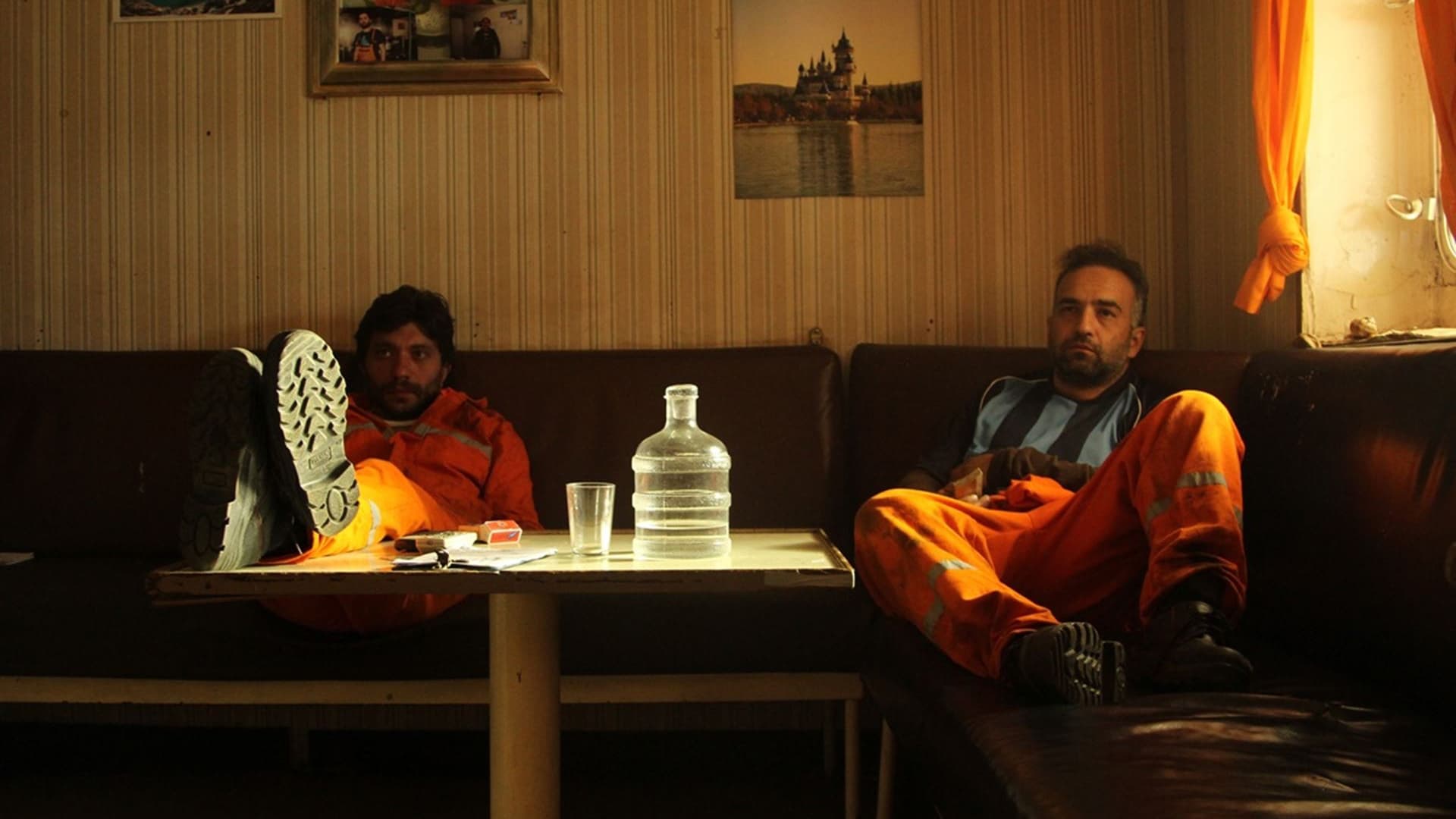

Ivy
2015 • 1h 44min • ★ 7.795/10 • Germany
Directed by: Tolga Karaçelik
Cast: Nadir Sarıbacak, Özgür Emre Yıldırım, Hakan Karsak, Osman Alkaş, Kadir Çermik
After the owner's bankruptcy, the crew is stranded on a freighter for months. Dealing with the stress of isolation, seafarers gradually surrender to madness and terror.
“Ivy” is a Lebanese drama film directed by Tolga Karaçelik and released in 2015. The movie stars Nadine Labaki, Yorgos Pirpassopoulos, and Hakan Karsak in lead roles.
The story of the film takes place in a remote Turkish village where a group of migrant workers from Lebanon are struggling to make a living.
The movie follows the journey of Ivy, a young woman who is searching for her missing husband, and the relationships she forms with the other migrant workers as she navigates the challenges of life in a foreign land.
“Ivy” is a haunting and poetic film that offers a vivid and evocative portrayal of life on the margins of society. The movie is characterized by its stunning cinematography, its nuanced and complex performances, and its haunting and beautiful soundtrack.
It has won critical acclaim and is considered one of the best Lebanese films of recent years. The film offers a powerful reflection on the themes of identity, belonging, and the human condition, and the ways in which people find connection and meaning in the face of adversity.
34. Thou Gild’st the Even (2013)
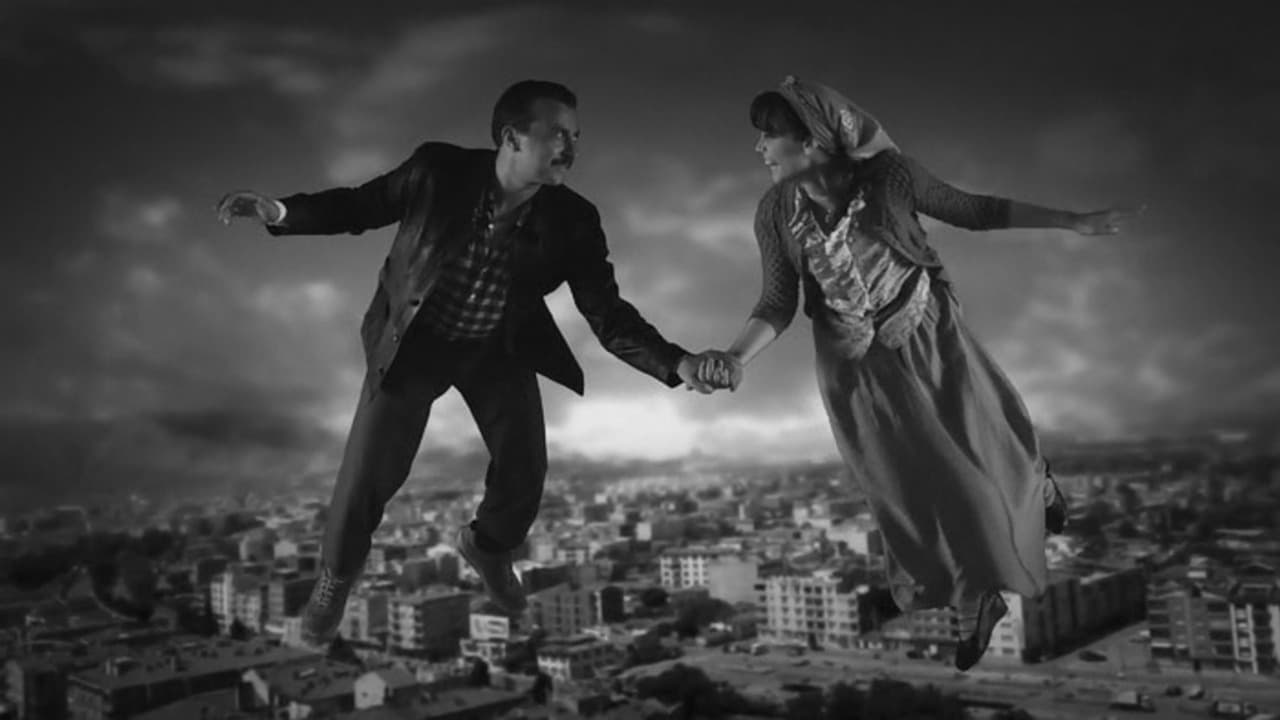
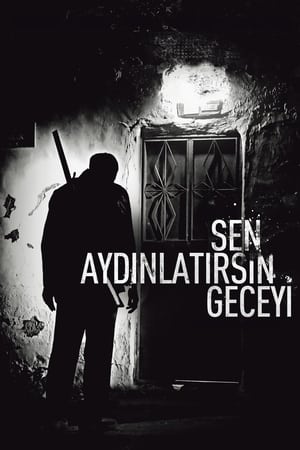
Thou Gild'st the Even
man is created of 'anxiety'
2013 • 1h 47min • ★ 7.4/10 • Turkey
Directed by: Onur Ünlü
Cast: Ali Atay, Demet Evgar, Damla Sönmez, Ahmet Mümtaz Taylan, Ercan Kesal
In a small town in Anatolia, whose inhabitants possess various supernatural powers but still have to deal with ordinary problems, Cemal helps out in his father’s barbershop and, in his free time, acts as a football referee.
“Thou Gild’st the Even” (Du Er Ikke Alene) is a Danish film directed by Søren Kragh-Jacobsen and released in 2013. The film tells the story of a young man named Bo who is struggling to come to terms with his sexuality in a small, conservative town in Denmark.
He begins a tentative relationship with a fellow student named Kim, but their relationship is complicated by Bo’s fear of being rejected by his family and community.
The film explores themes such as love, identity, and the struggle for acceptance in a world that can be hostile and unforgiving. It is known for its sensitive and empathetic portrayal of its characters, as well as its visually striking cinematography.
“Thou Gild’st the Even” was a critical and commercial success both in Denmark and internationally, winning several awards at the Berlin International Film Festival and other prestigious film festivals around the world.
The film is known for its powerful and emotional storytelling, as well as its nuanced and compassionate exploration of the human experience. It is considered one of the best works of Søren Kragh-Jacobsen, who is widely regarded as one of Denmark’s most talented and visionary filmmakers.
- Demet Evgar, Ali Atay, Damla Sönmez (Actors)
- Onur Ünlü (Director)
- English (Subtitle)
3 Characteristics of Turkish Movies
Family and social dynamics: Turkish movies often explore the complexities of family relationships and social structures, with a focus on issues such as tradition, gender roles, and generational conflicts.
Cultural identity: Turkish cinema often reflects the country’s diverse cultural heritage and its struggle to reconcile its Ottoman past with its modern, secular identity. Many Turkish movies explore the tensions between different ethnic and religious groups, as well as the challenges of cultural assimilation.
Realism and social commentary: Turkish filmmakers are often celebrated for their realistic and socially engaged approach to filmmaking. Many Turkish movies tackle contemporary social issues, such as poverty, inequality, and political corruption, with a critical eye and a commitment to social justice.
3 Reasons To Watch Turkish Movies
Cultural richness and diversity: Turkish cinema offers a unique insight into the culture and history of Turkey, as well as the wider Middle East and Eastern Europe. Turkish movies often deal with complex themes and issues, including family, love, politics, religion, and social change. As such, they offer a fascinating glimpse into the complexities of Turkish society and the challenges facing the region.
Innovative storytelling: Turkish movies are known for their inventive and experimental storytelling techniques. Many Turkish filmmakers use non-linear narratives, dreamlike imagery, and other unconventional techniques to create films that are both visually striking and intellectually engaging. This makes Turkish cinema an exciting and dynamic space for experimentation and creativity.
Growing international recognition: In recent years, Turkish cinema has gained a growing international following, with many Turkish films receiving critical acclaim and winning awards at major film festivals around the world. This has helped to raise the profile of Turkish cinema and increase its visibility on the global stage, making it an exciting and vibrant area of the world cinema landscape.
Best Turkish Movies – Wrap Up
Turkish cinema offer a wealth of diverse and thought-provoking films that have captivated audiences around the world. These movies have won critical acclaim and have become cultural touchstones in their respective countries and beyond.
Whether you’re a fan of classic Turkish cinema or the emerging wave of Turkish film, there is something for everyone to enjoy and appreciate in the rich and varied world of international cinema.




![Three Monkeys [DVD] [2008]](https://m.media-amazon.com/images/I/51luNK5a4rL.jpg)





![Watchtower [DVD]](https://m.media-amazon.com/images/I/51dyHZFGUWL.jpg)






![Head-On [DVD] (2004)](https://m.media-amazon.com/images/I/51C0kFGUg8L.jpg)




![The Wall (Duvar) (Turkish with English Subtitles) [VHS]](https://m.media-amazon.com/images/I/211XDD15F3L.jpg)
![Kosmos [DVD]](https://m.media-amazon.com/images/I/51i4p+bpM7L.jpg)

![Gölgeler ve Suretler (2010) Shadows and Faces / ONLY TURKISH Audio / English and Turkish Subtitles / 47th International Antalya Golden Orange Film Festival Winner [DVD Region 2 PAL]](https://m.media-amazon.com/images/I/517DQ6lupWL.jpg)
![Facing Windows (2003) ( La Finestra di fronte ) [ NON-USA FORMAT, PAL, Reg.2 Import - Italy ]](https://m.media-amazon.com/images/I/51BXuIAaecL.jpg)
![The Edge of Heaven (A la Orilla del Cielo) aka Auf der Anderen Seite [*Ntsc/region 1 & 4 Dvd. Import-Latin America] by Fatih Akin (Spanish subtitles)](https://m.media-amazon.com/images/I/51TUMouD0WL.jpg)


![ONCE UPON A TIME IN ANATOLIA - [DVD] [2011]](https://m.media-amazon.com/images/I/51HOY1NXxSL.jpg)
![The Wild Pear Tree [Blu-ray]](https://m.media-amazon.com/images/I/61tYJGHsmnL.jpg)

